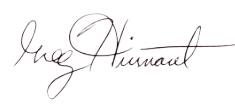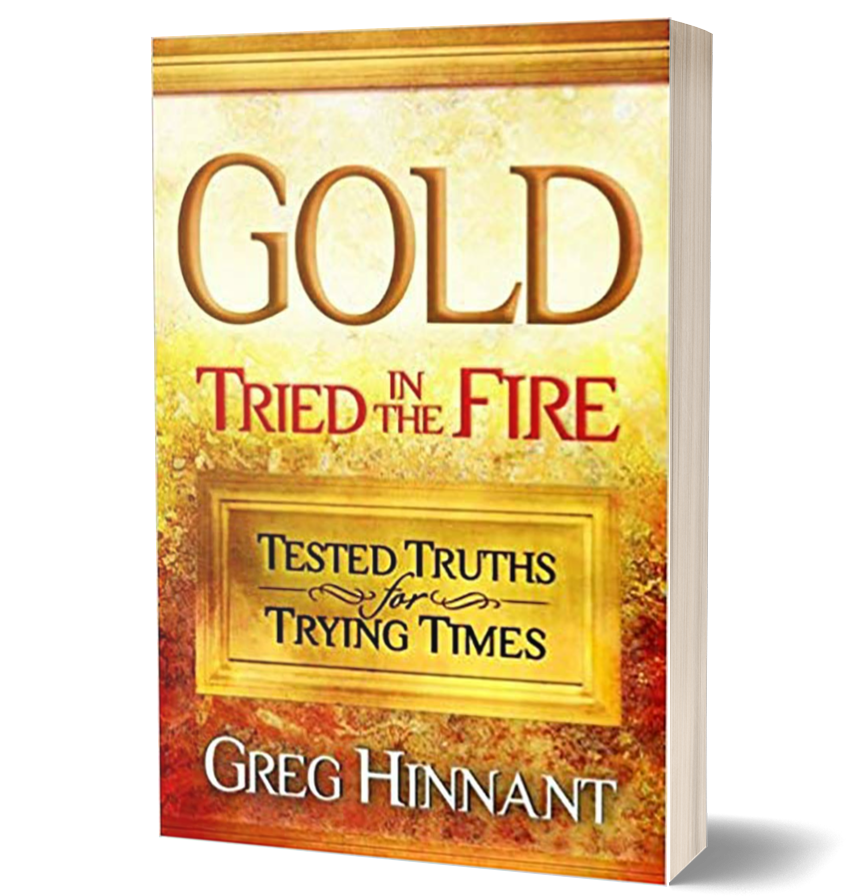We publish new, free e-Devotionals weekly.
Would you like to receive them?
We publish new, free e-Devotionals weekly.
Would you like to receive them?
More Devotionals
More Devotionals

The Vision

A Corrective Word About Prophets
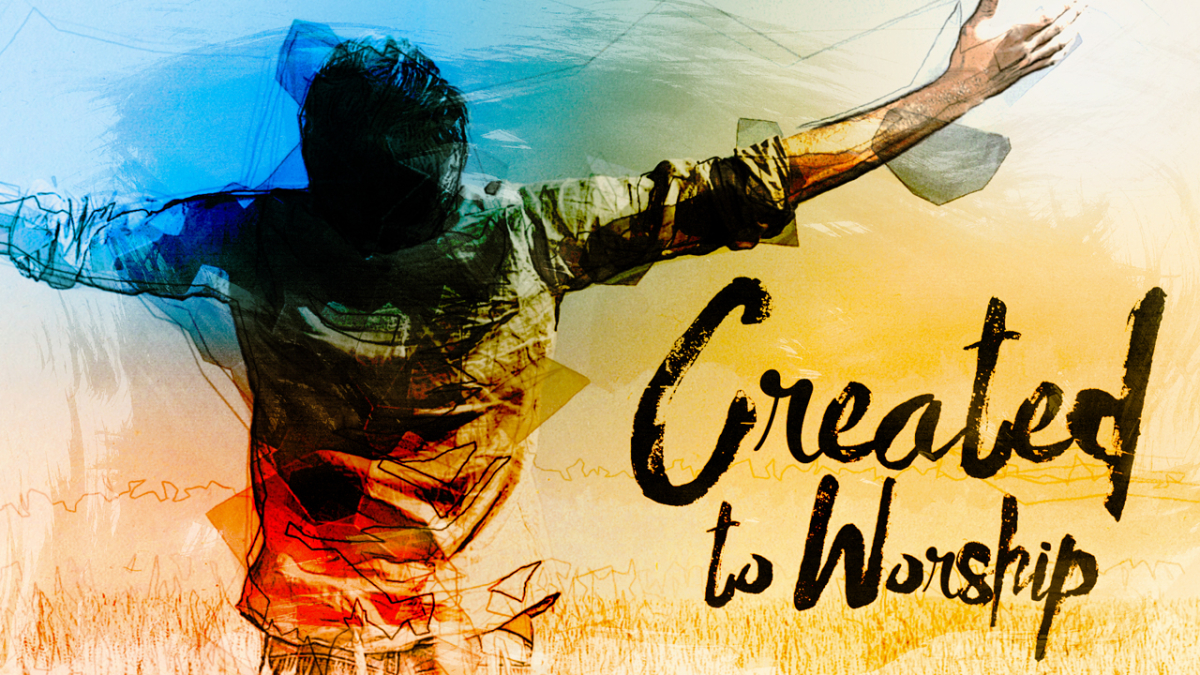
To "Feel in the Heart"

Our Christ Worth

About Self-Pity
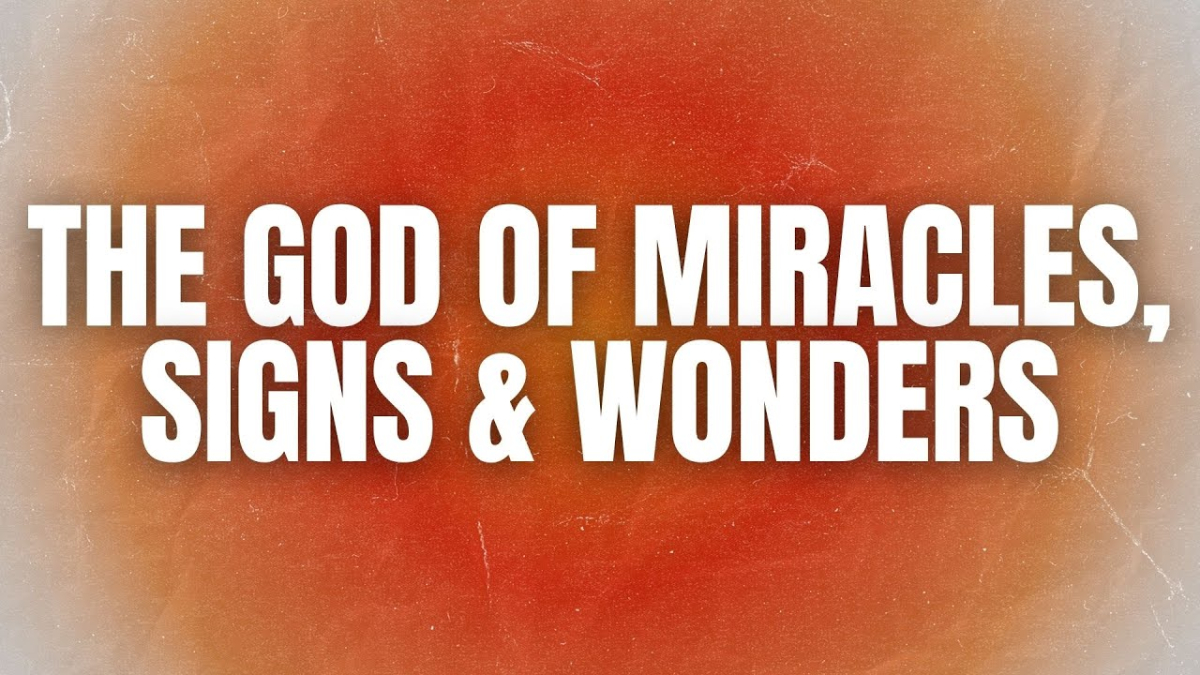
Wondering at a Wonderful Wonder!

About Ruling & Reigning With Christ

The Blessing, The Blessed, The Unblessed
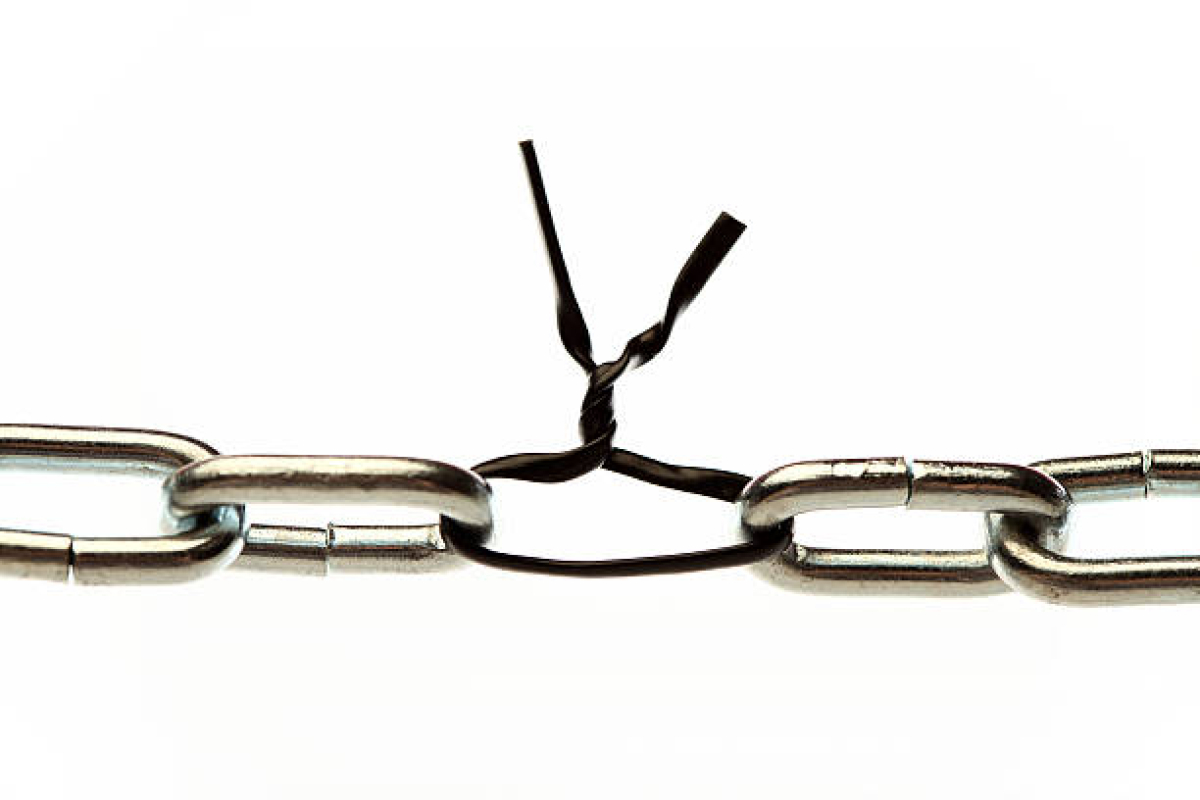
Weak Links
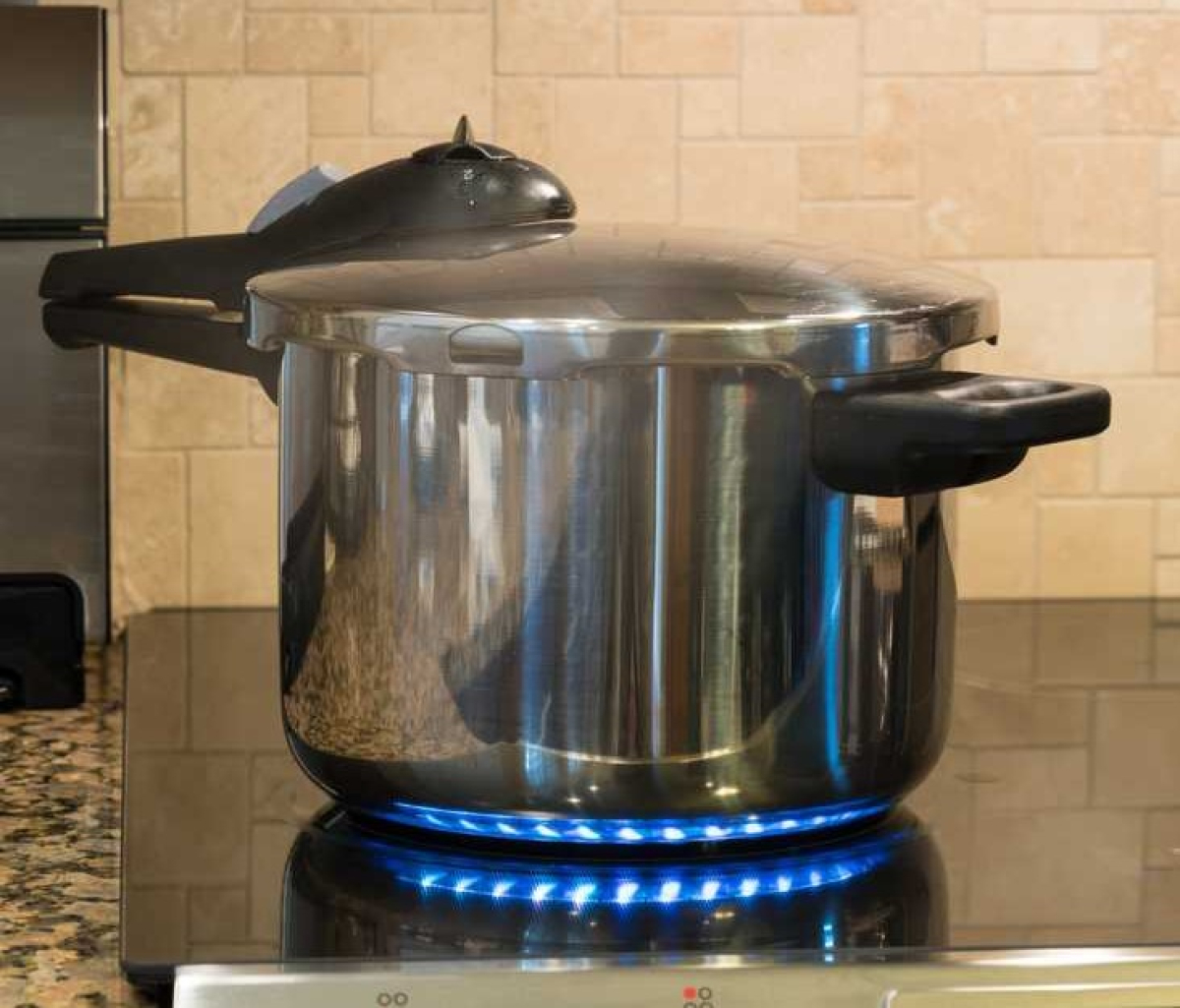
Pressurized Christians

Substance or Show?
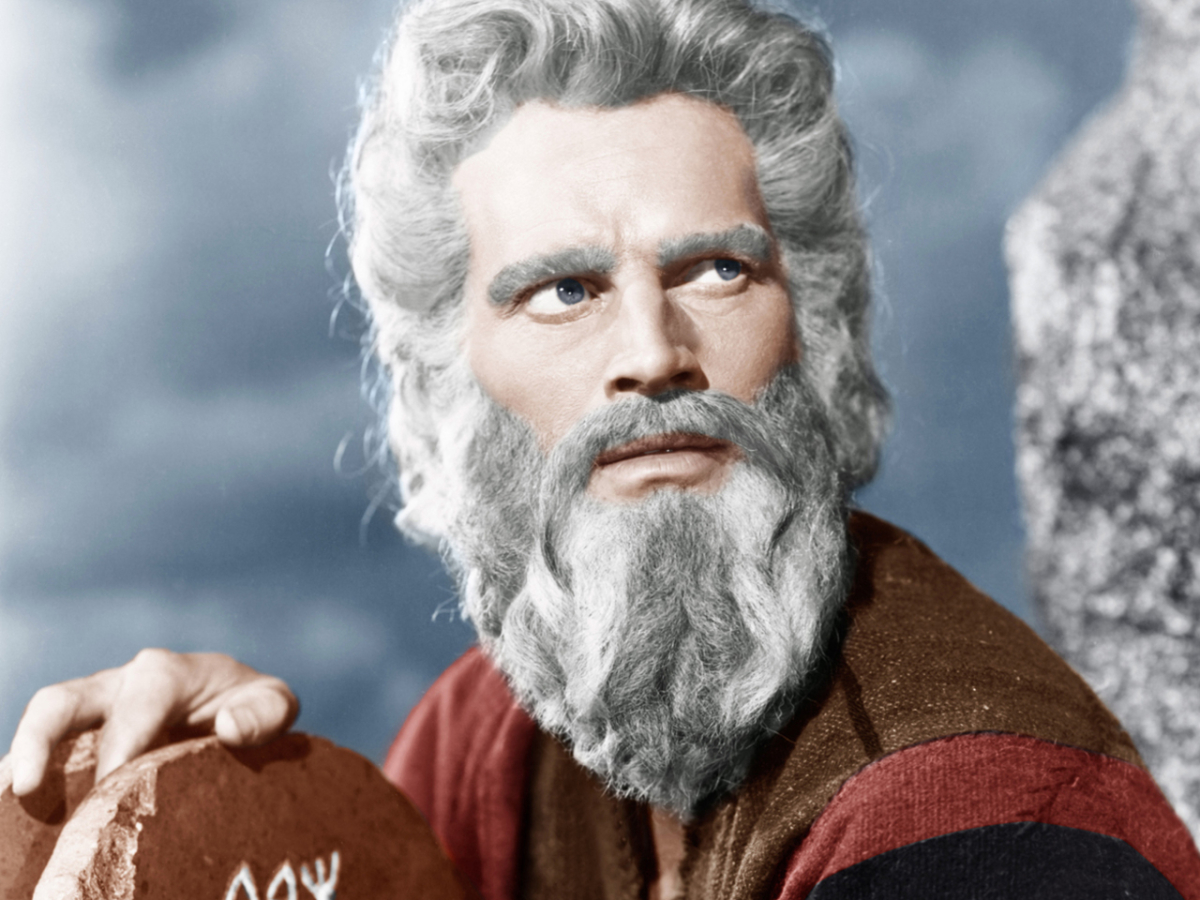
The Case for Meekness

When Leaders Get It Wrong!

Crying Out for His Coming

Unalarmable!

The Paradox of Works

A Message to The Married

The Greatest Praise and Worship

A Note to Noteaholics
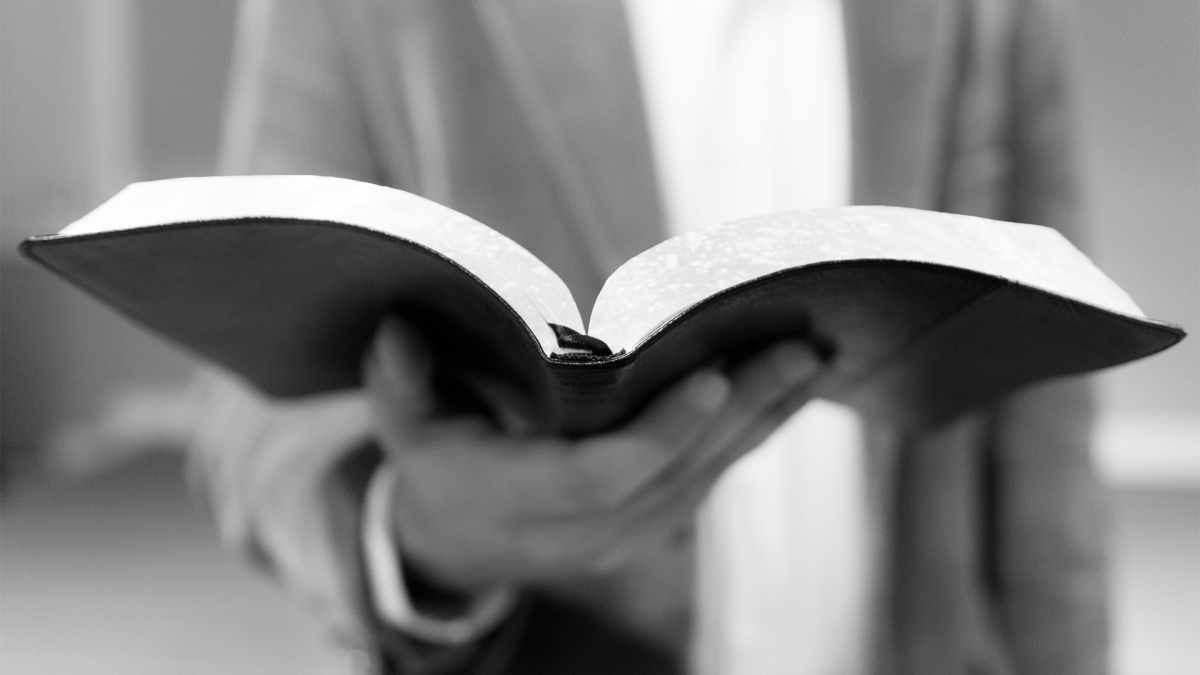
The Moses Principle
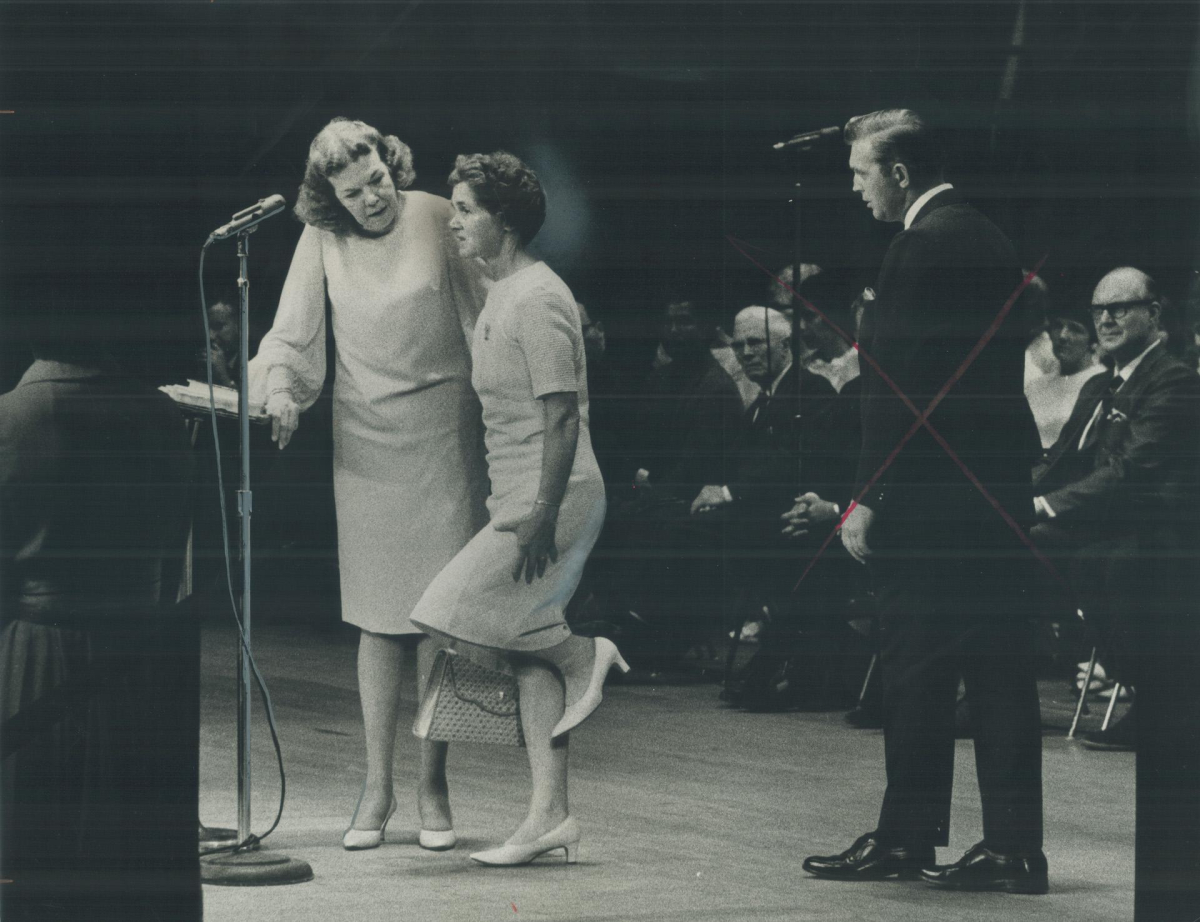
Where Are All His Miracles?
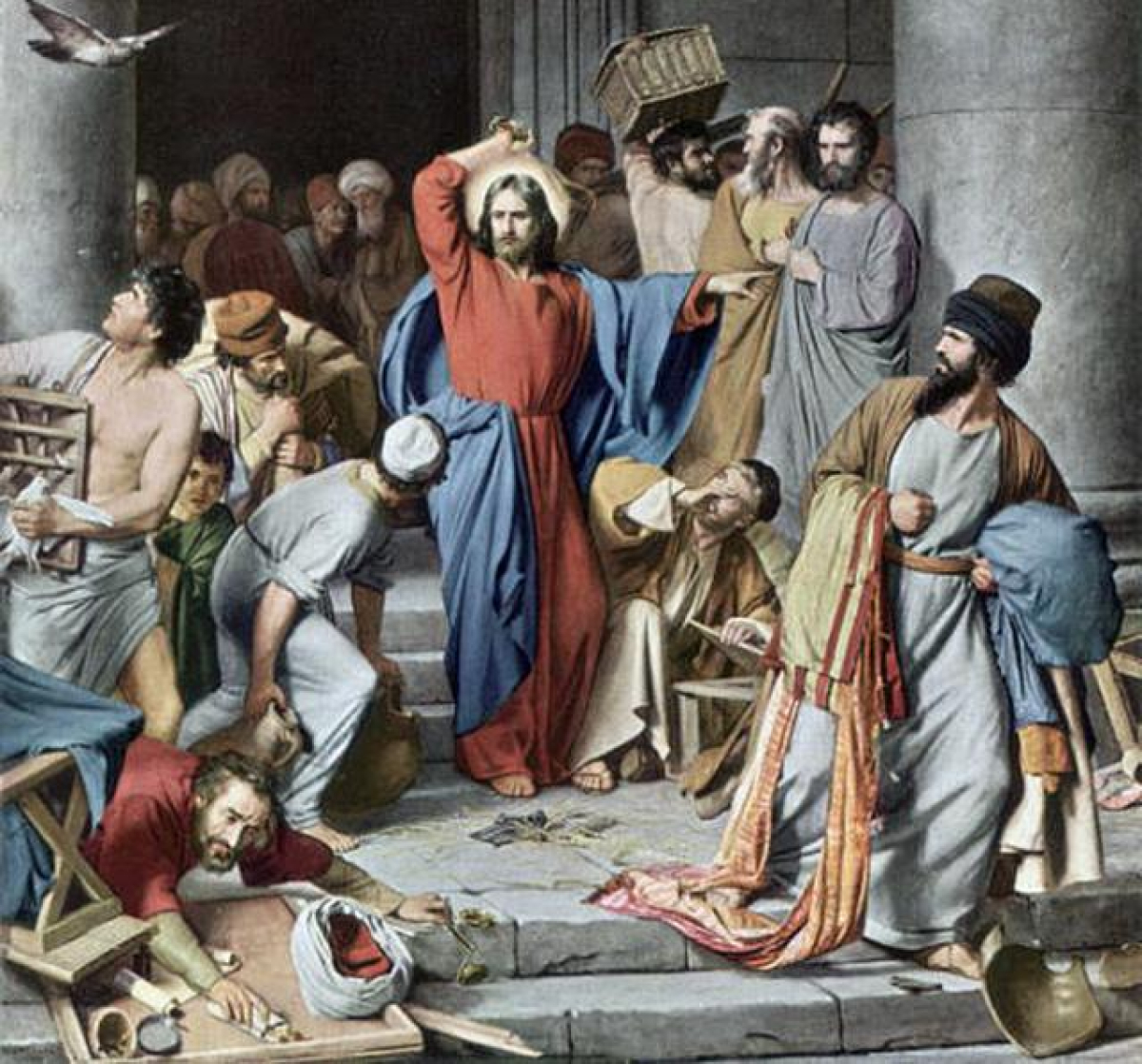
A Major Correction

Petrine Eschatology

He Went His Way

Let's Get Little!

From Pledge to Polemicist

2025 - The Year of The Altar

The Highest Ministry
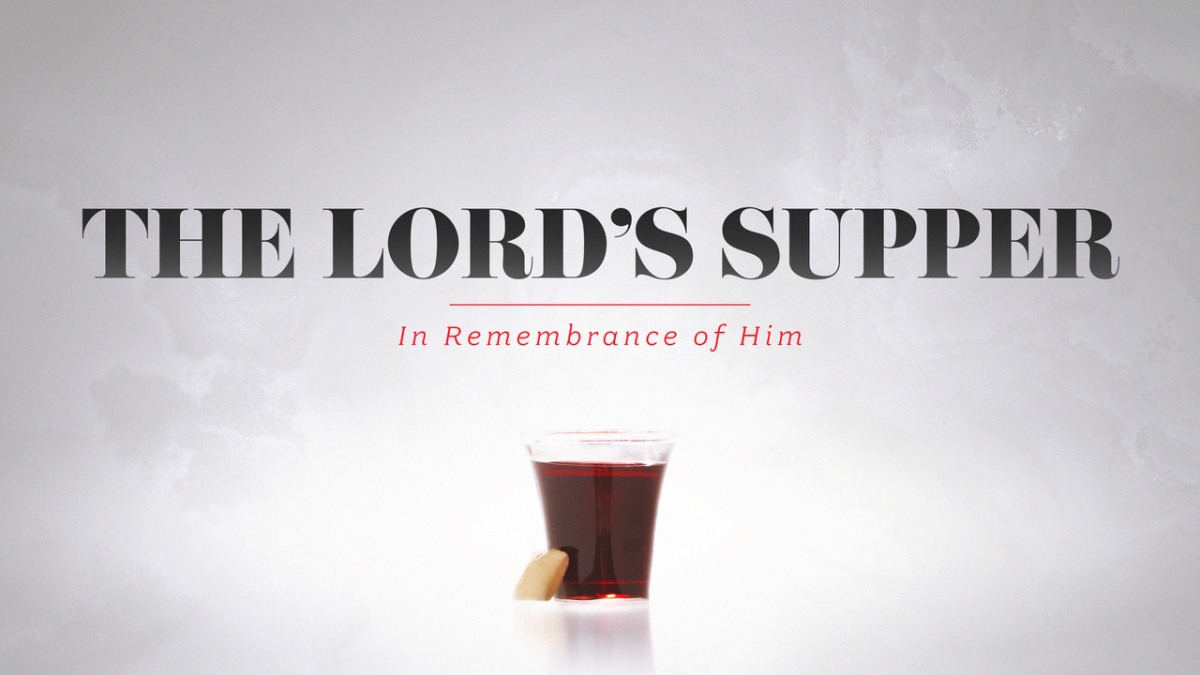
Now About Communion . . .

Are Your Rivers Flowing?

Are You Correctable?

The Greatest Test

Baggage Check, Please . . .

The Insignificance of Human Insignificance

A Prayer for Bible Students

A Prophetic Word . . .

A Dynamic Divine Message

"Cast" Sheep

What is a Pure Heart?

Rapture Terminology 101

His Deep Leading

Seeing Through the Present

To Church Leaders

A Commitment or New Birth?

No Matter How Fiercely Opposed

The "Let's Play God" Game

The Preaching He Bids Us

Itinerant Incessant Intercessors

Church Growth God's Way
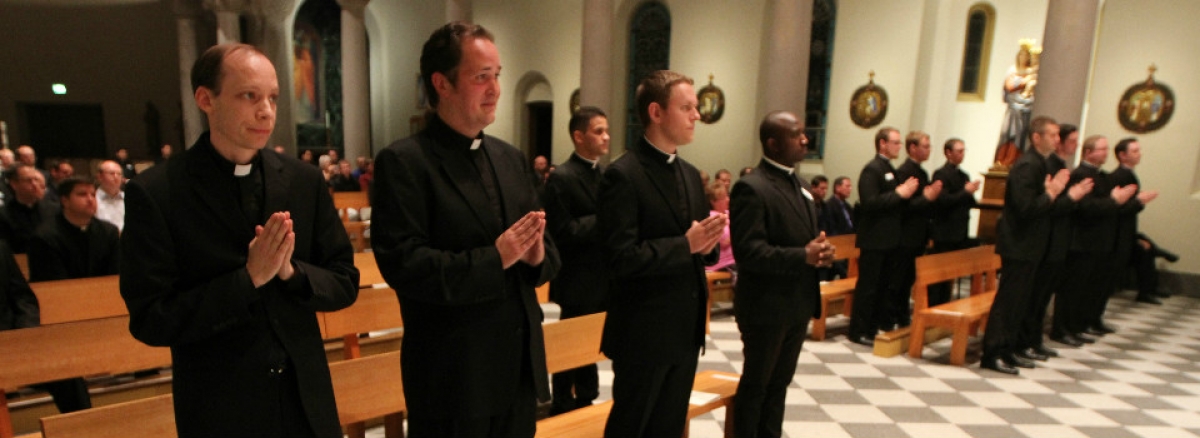
Religiousness vs. Realism

Unity, Tribalism, What's Next?

Christian Reprogramming

God's River-Powered Plan

The Undisciplined Christian

A Biblical Prophecy - Re-Prophesied!

An Inside Job . . .

About Materialism

Words From The Wilderness

Ladies & Lords?
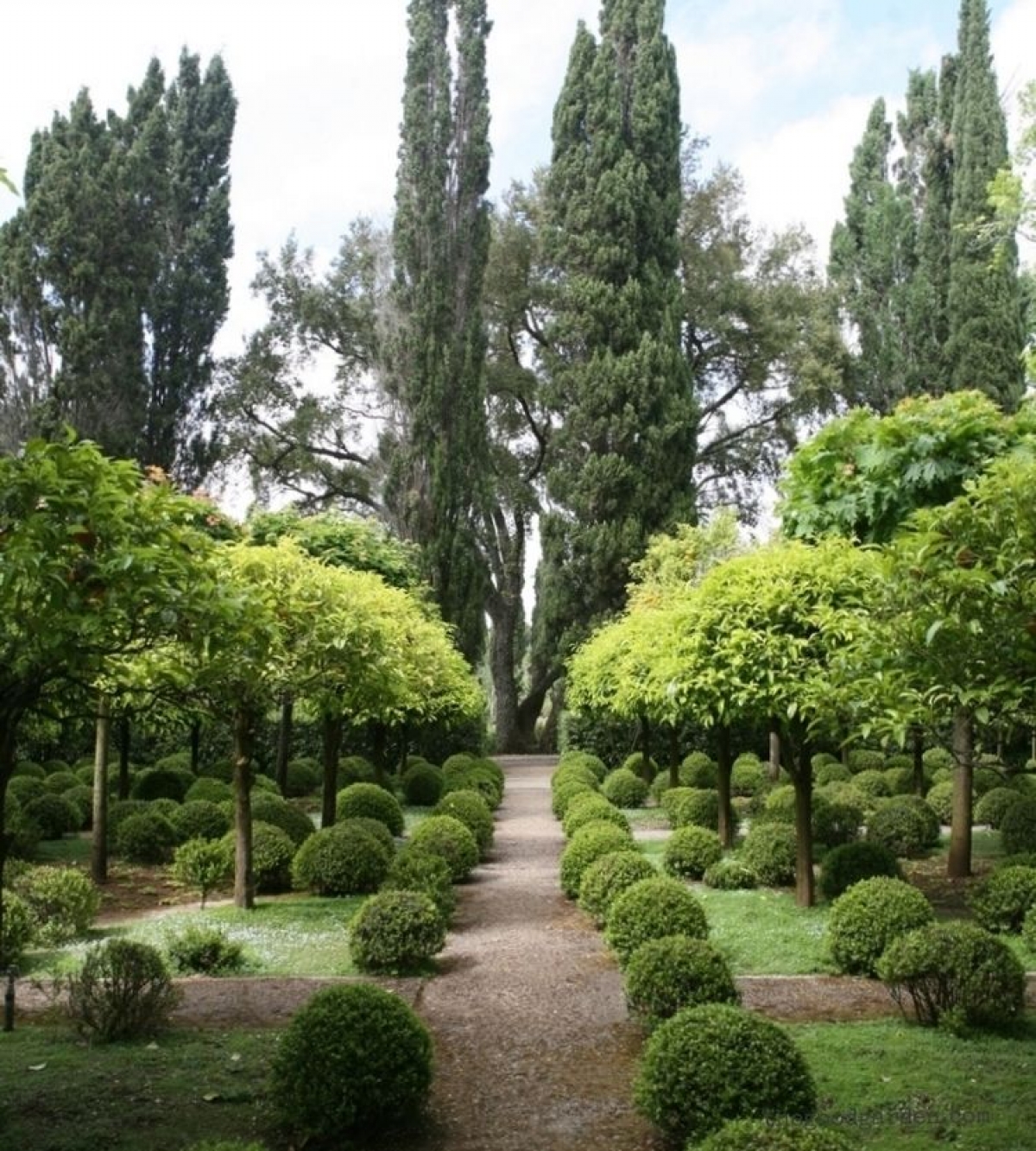
Walking The Walk

The Spiritually Fruitful Life

Satan's Biggest Weapon
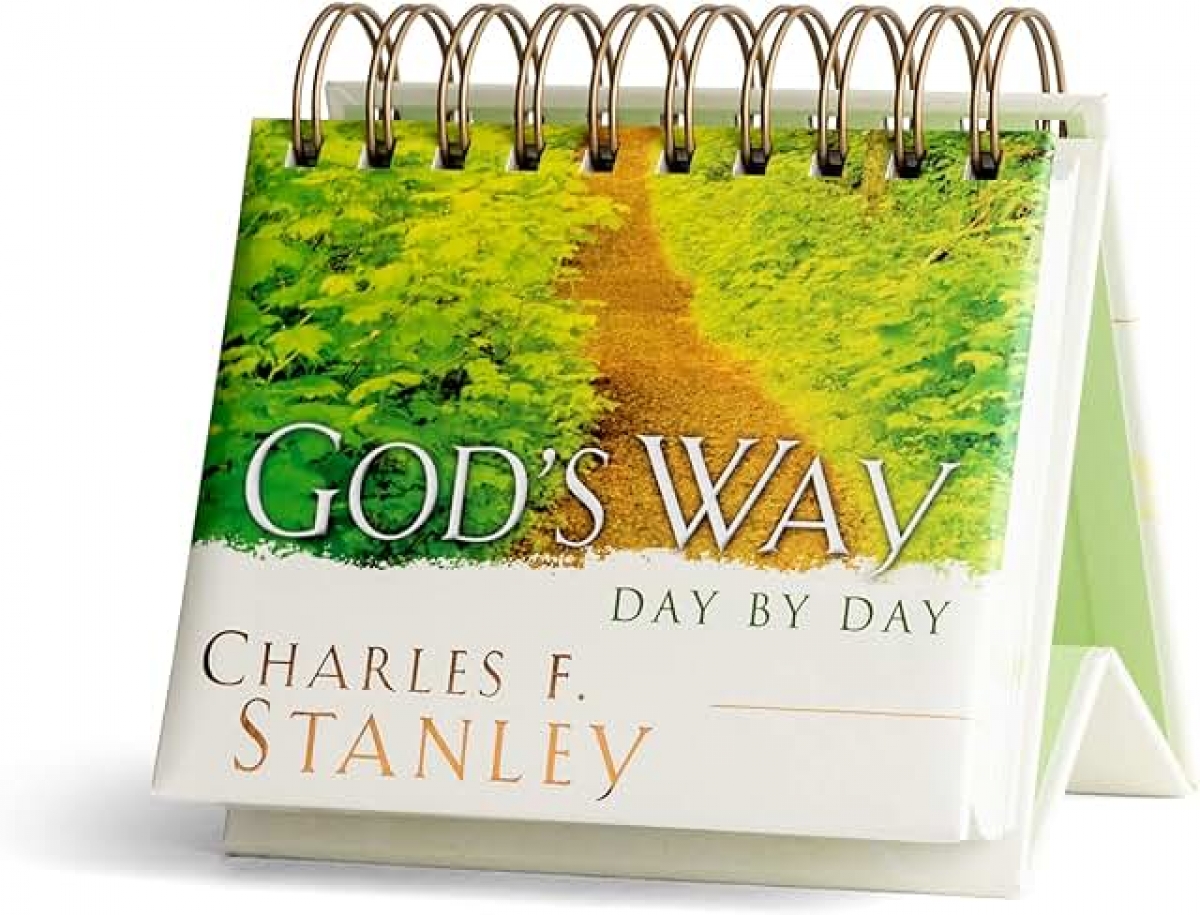
A Verse For Life
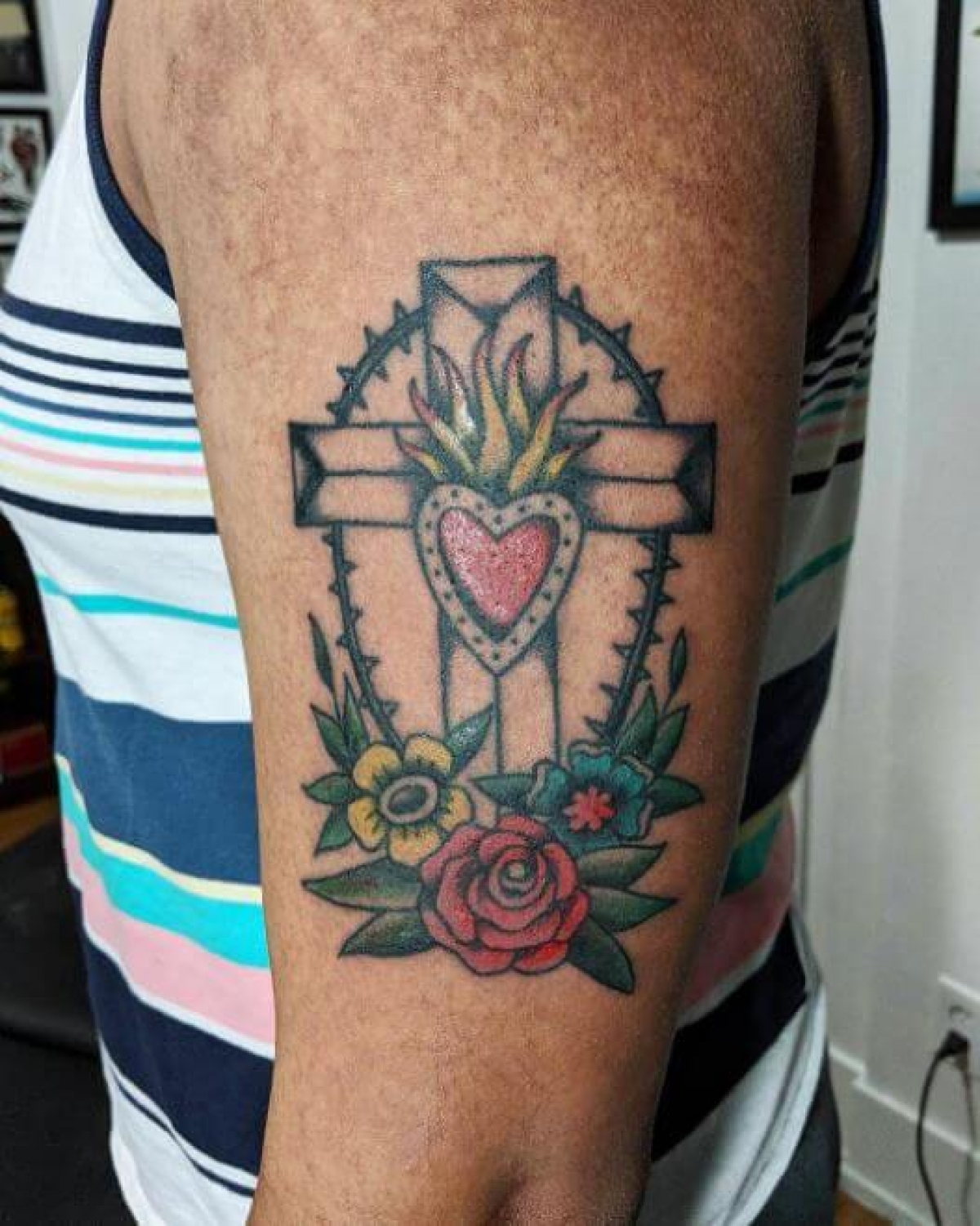
Tattooing Tattooing
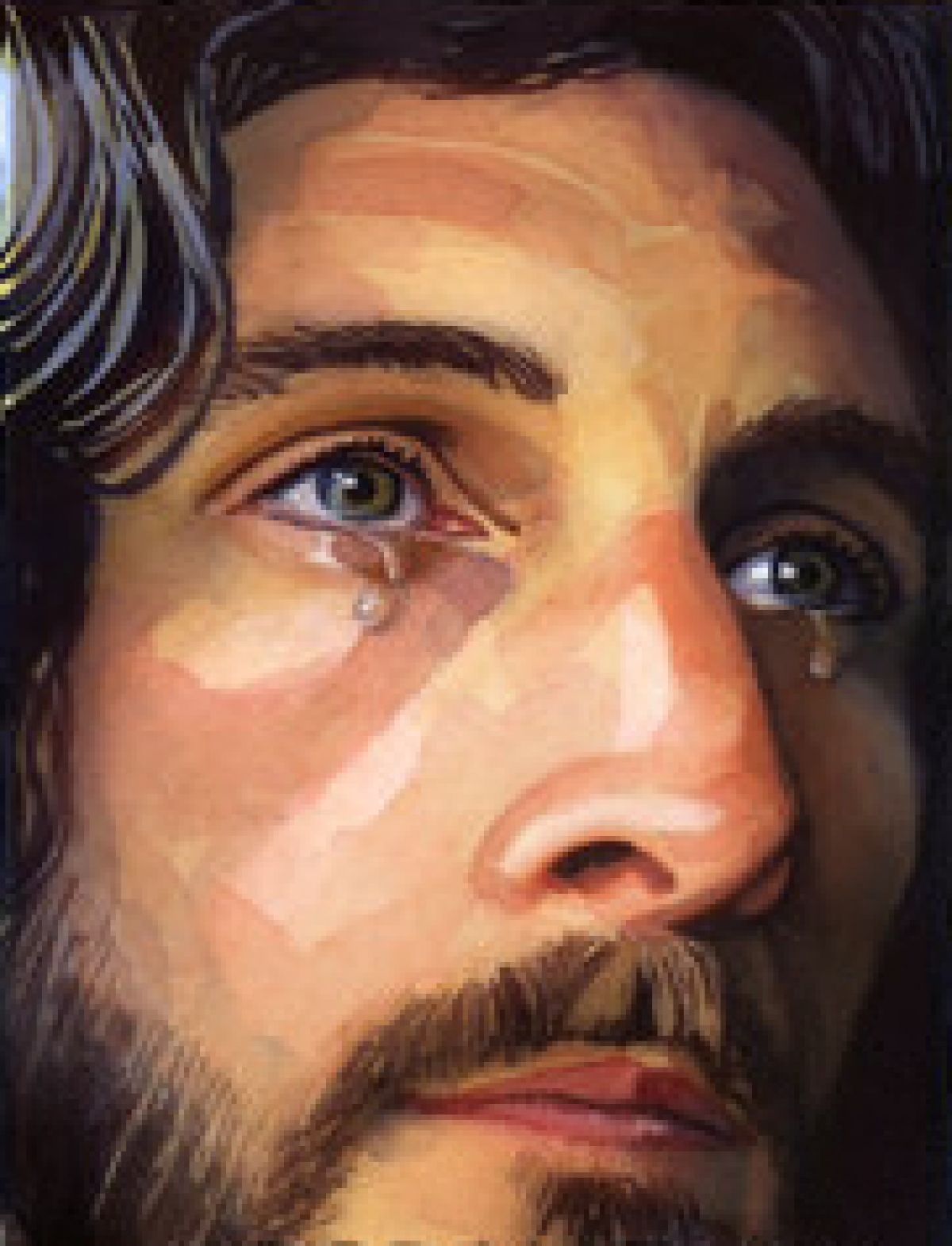
Delighting or Disappointing The Lord?

Just-Barely Moments

A Missionary Moment
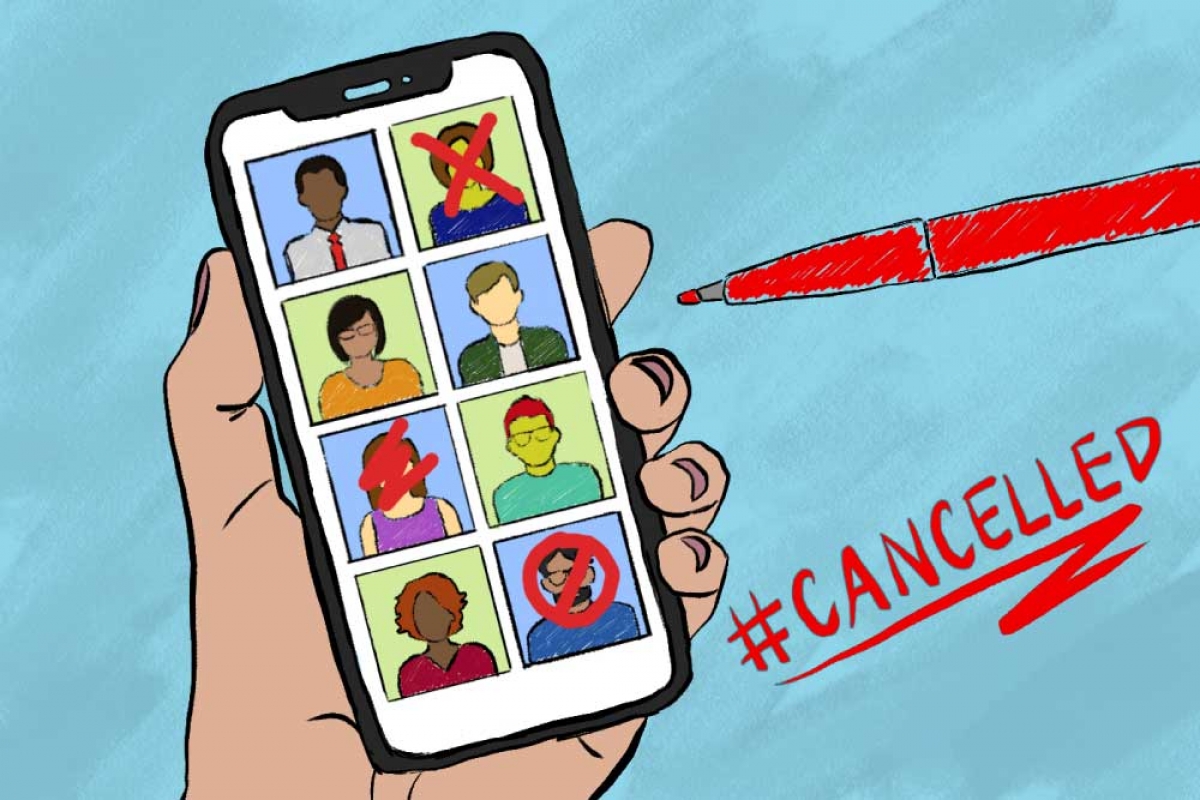
Cancelling Our God-Cancelling Traditions

The First Word of The Gospel

One Thing I Know!

So Your Pastor Doesn't Work?

The Time is Coming . . .

The Fountain Maker

The Clinging Christian
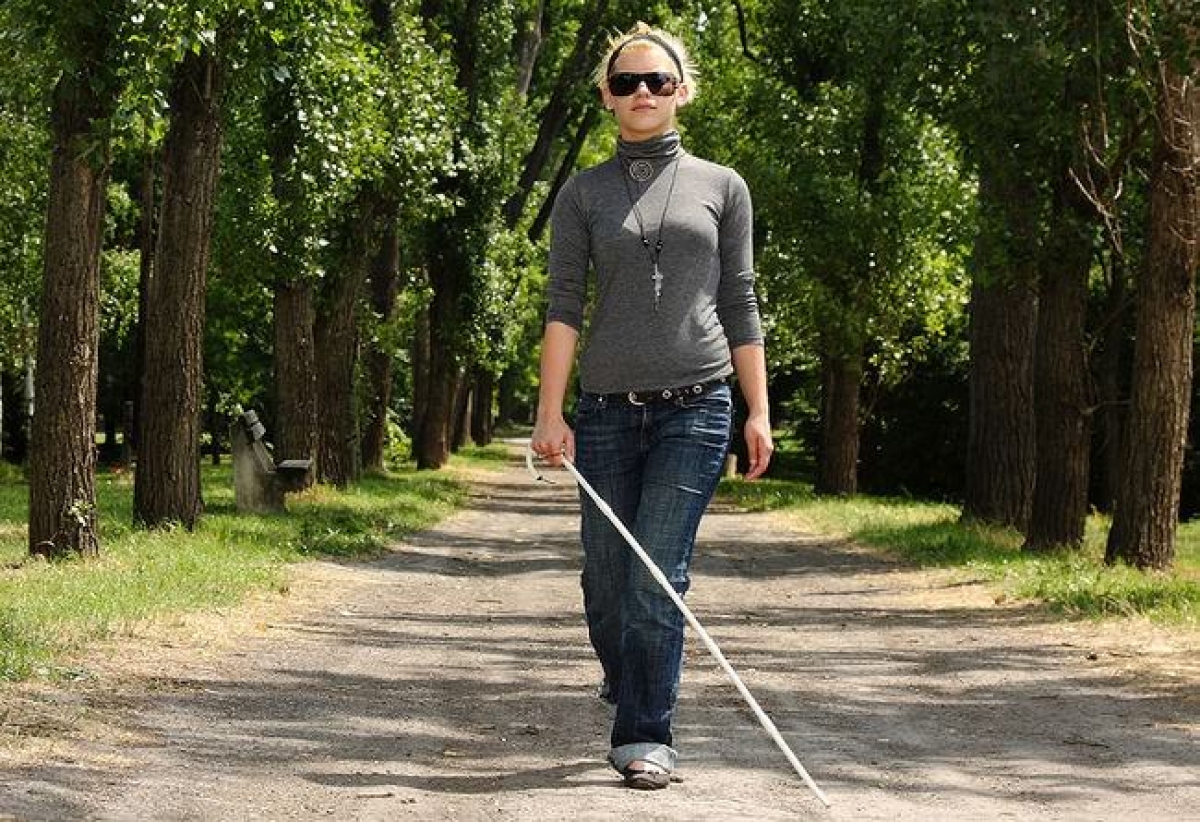
The Perfectly Guided Perfectly Blind

The Remembrancer

Forgetting Forgetfulness

A Disappointed Generation
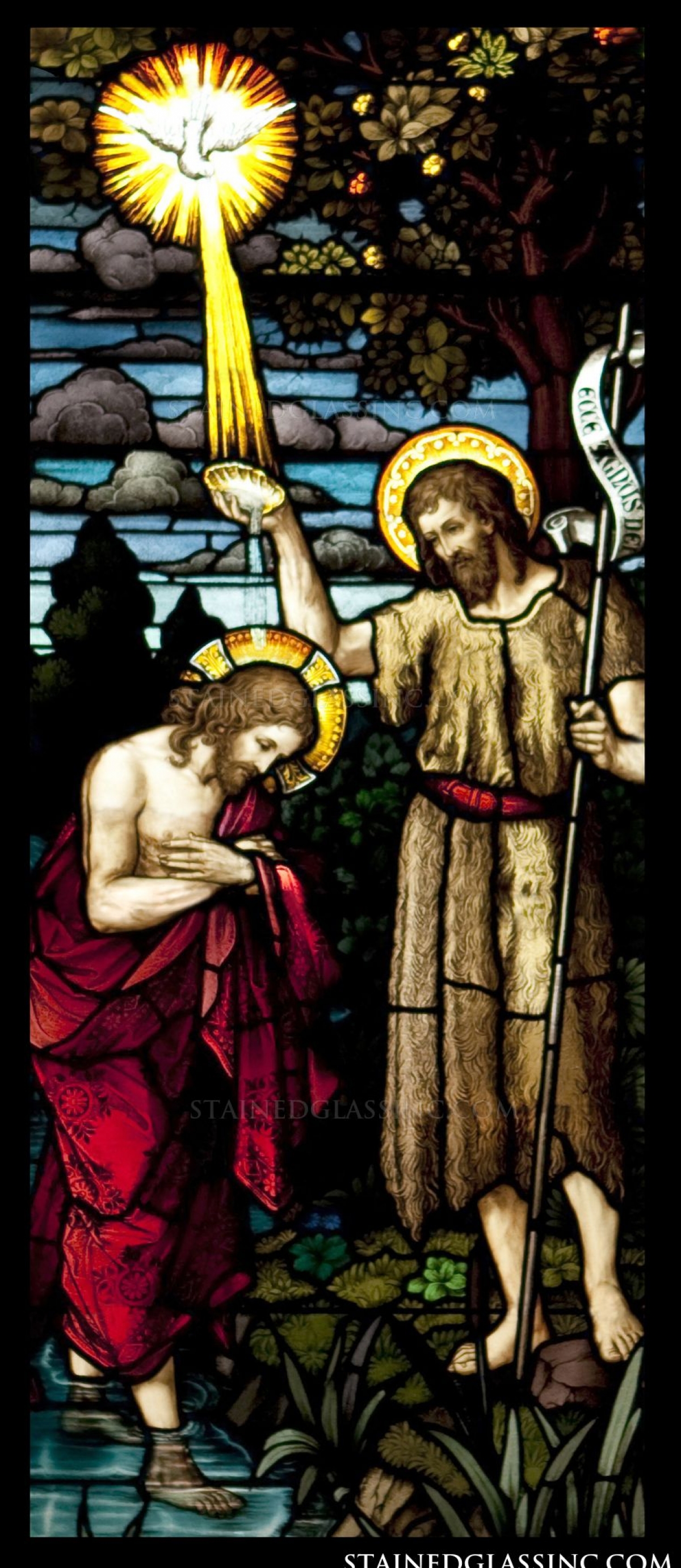
The Holy Trinity
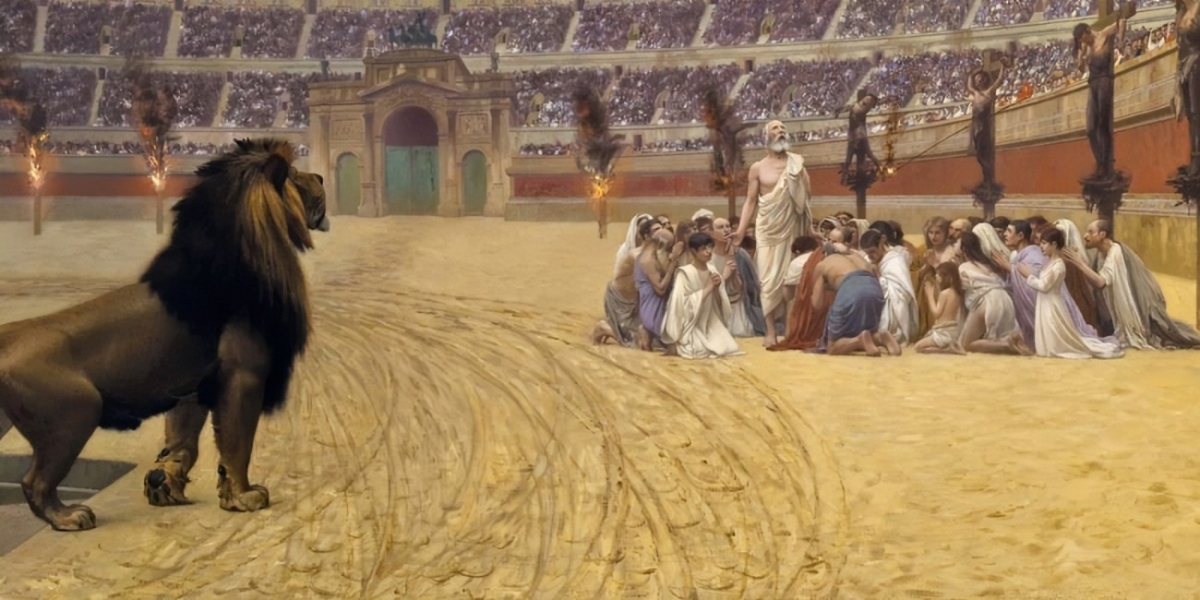
Dr. Insanity - and The Rest of The Revival Story

In The Crusher !

The Justice Test
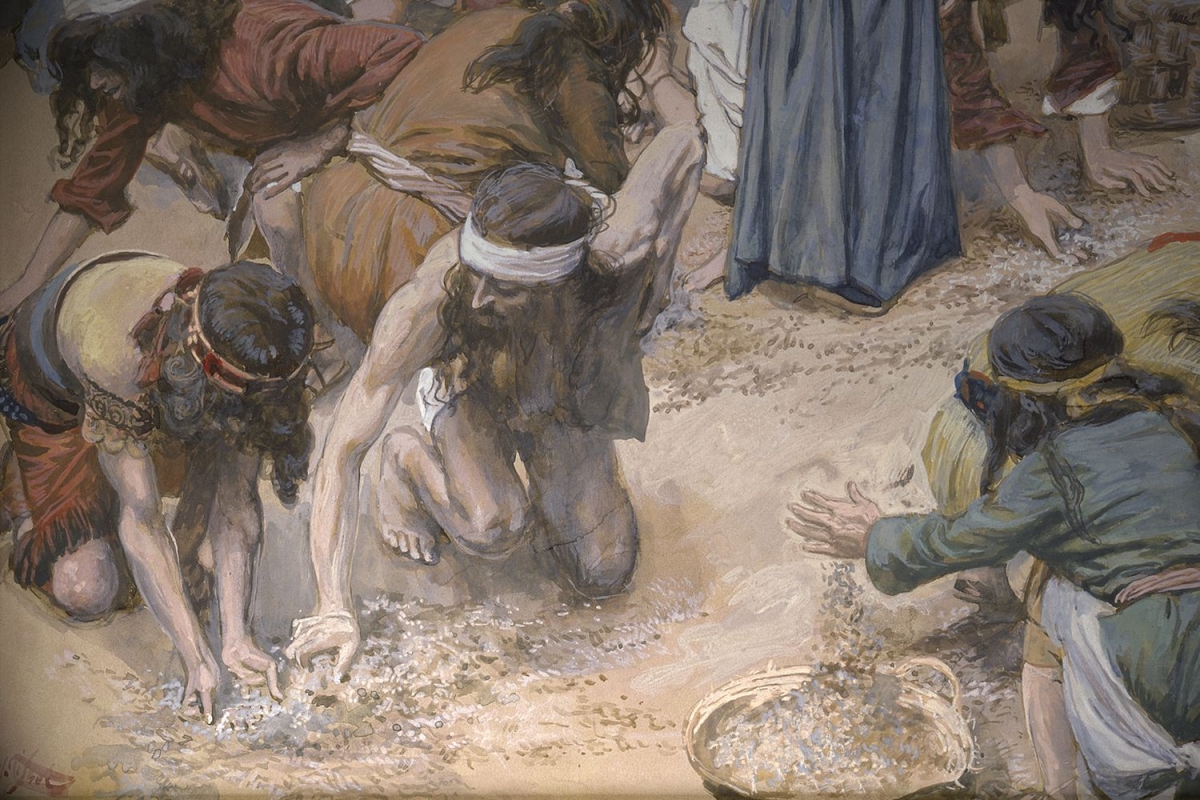
Manna is Still Falling !

The Sabbath

Our Present Perfect Planner
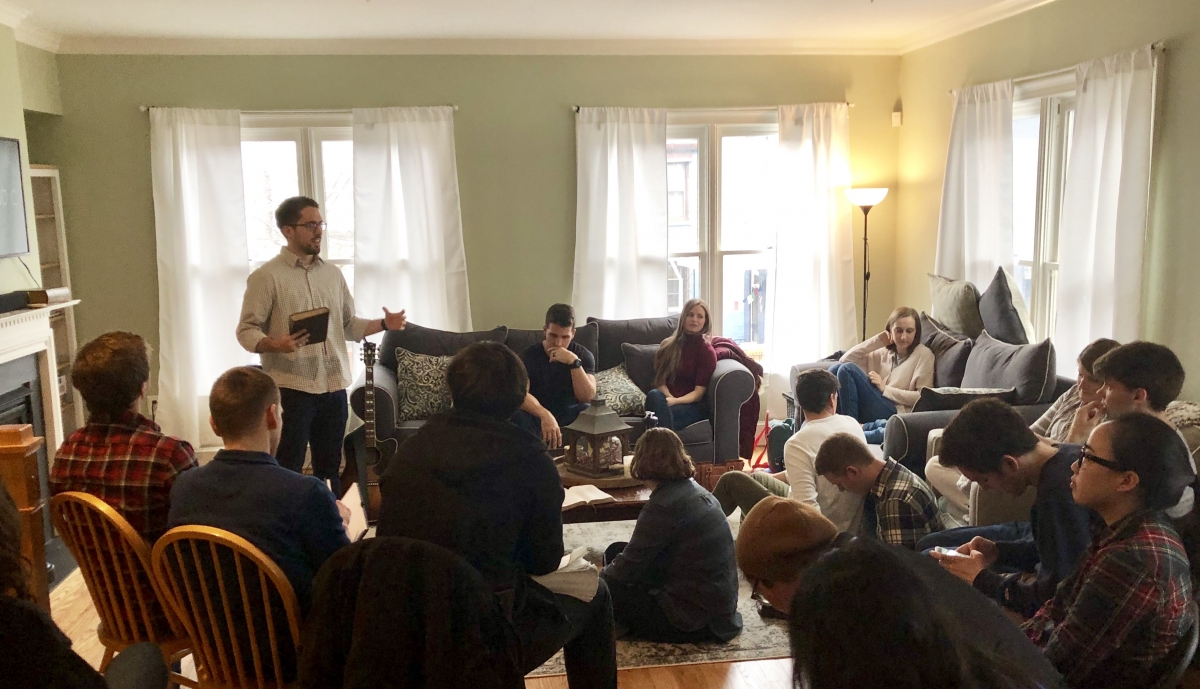
Go to Church!

"Better Than Ten"

The Gossip Truth !

The Eternal Energy Exchange

A Feel-Good Message

A Very Unlikely Miracle Worker!

All-Weather Christians

God's Incarnate Answers
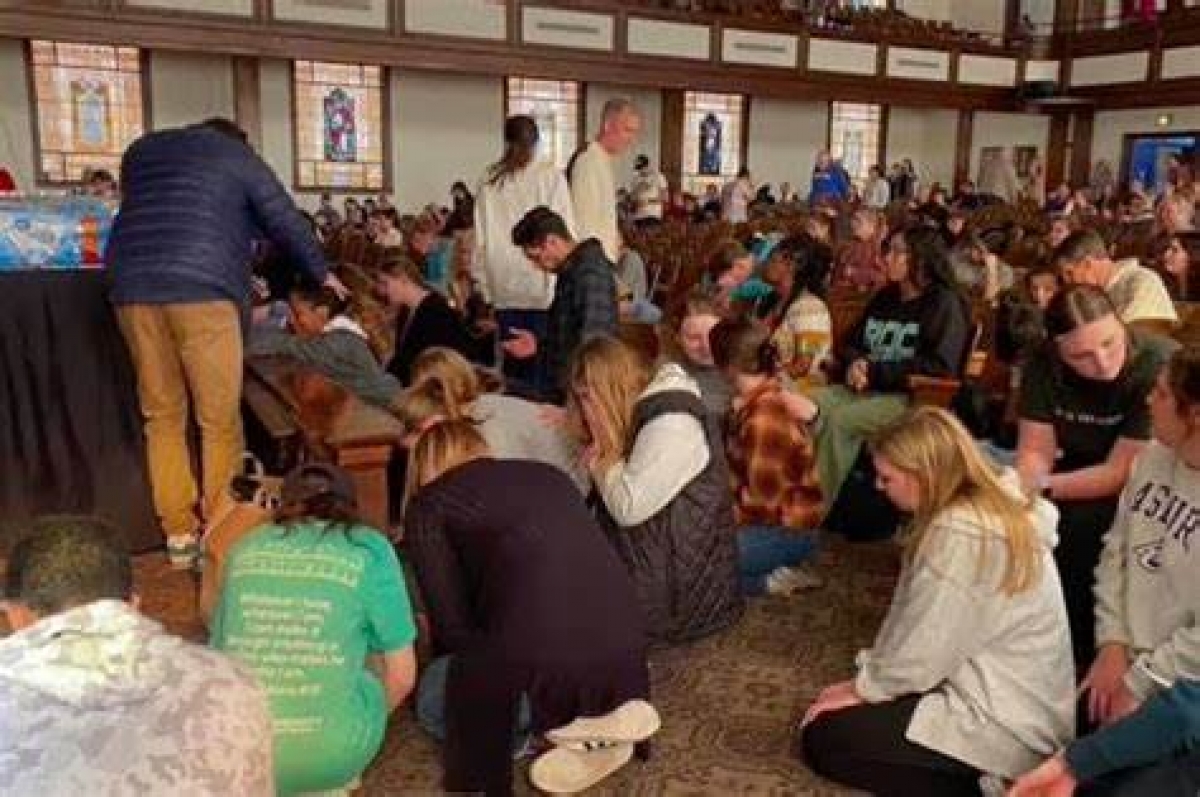
When Jesus Walks In - And Stays!

Revivalolatry

Against Perfectionist Pastors?

A Do-Nothing God?

Mission Accomplished!

Moving-In Day

Doctor-Pastors

The Real Christmas Gifts

The WONDERS of Importunity

Funeral Services To Be Held

"Take These Things From Here!"
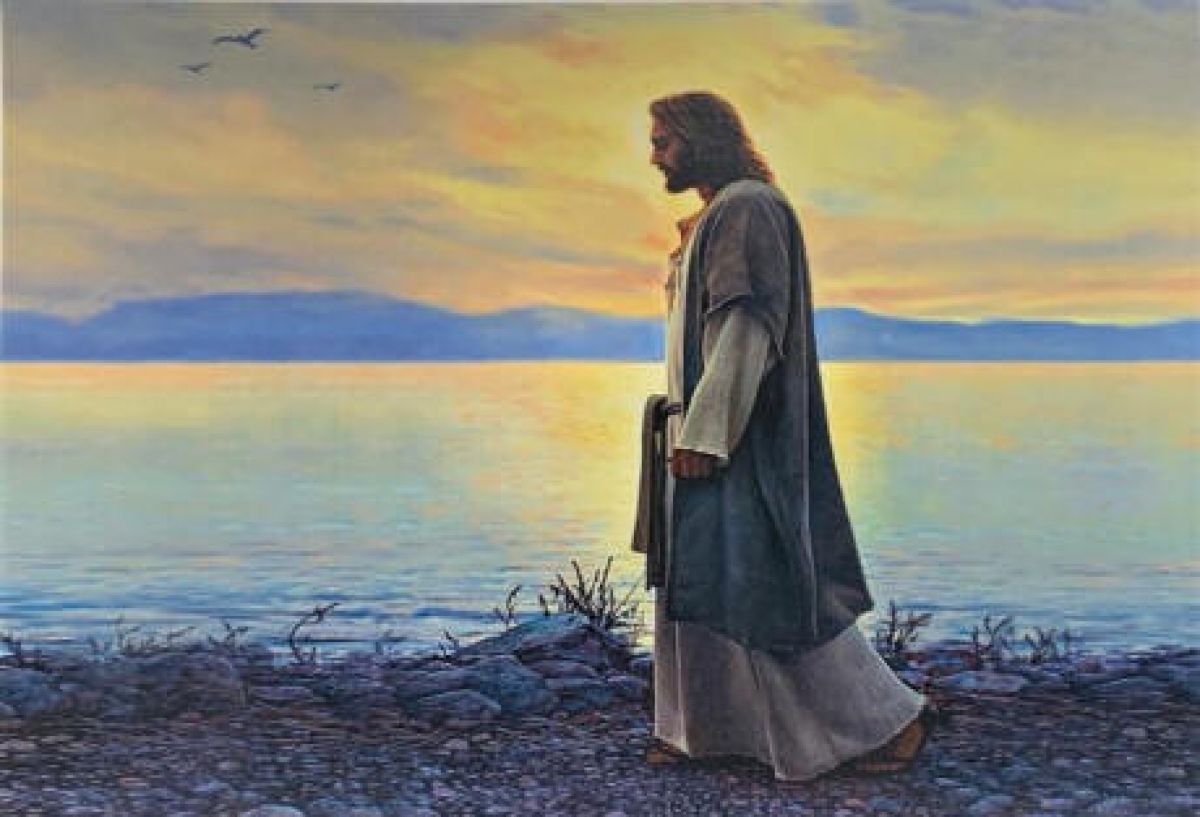
Don't Get Passed By!

Are You At Home?

For An Audience of One

God's Secret Service

Great Trouble, Great Fruitfulness
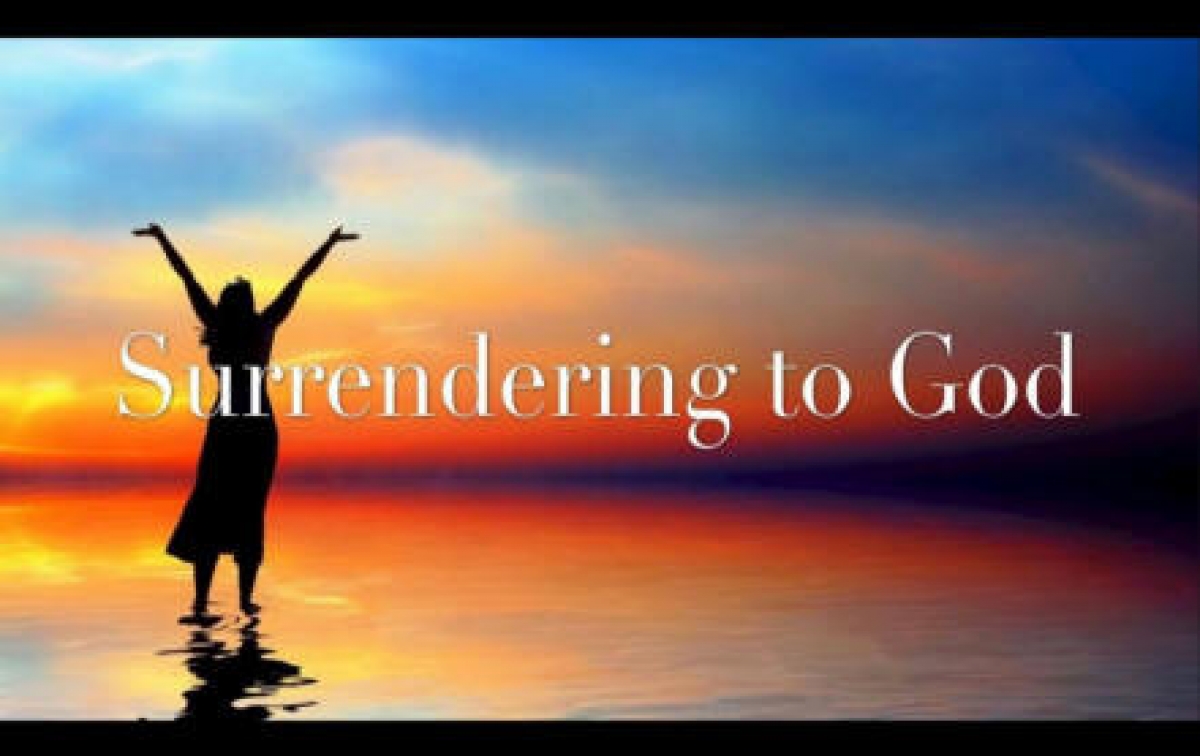
Let God Be God

Death, or Growth, By Congregation

Winning Water Wars

Seeing The Invisible Individual

How Good! How Pleasant!

Every Valley A Fountain

Feeling "Clingy"?

It's Time for This Baptism

Is God's Love Truly Unconditional?

The Holy Spirit Zone

Handling Stress

The Archers and The Plowmen

Open Wide!

The Unrecognized Christ

From Best Friend to Better Friend

Little Trifles and Large Trusts

The Numbers Racket

Leadership or Followship?
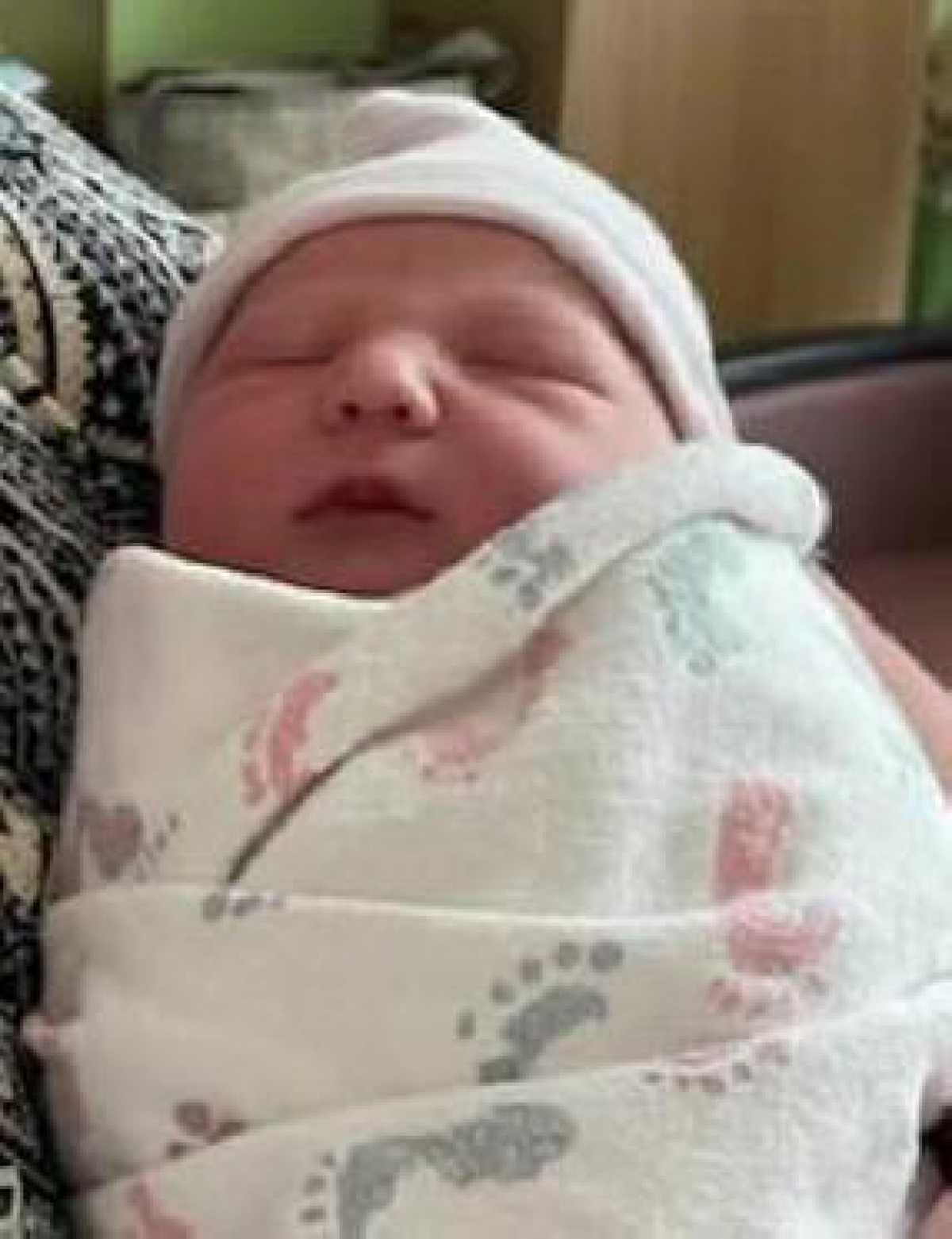
Pro Life And Pro Choice
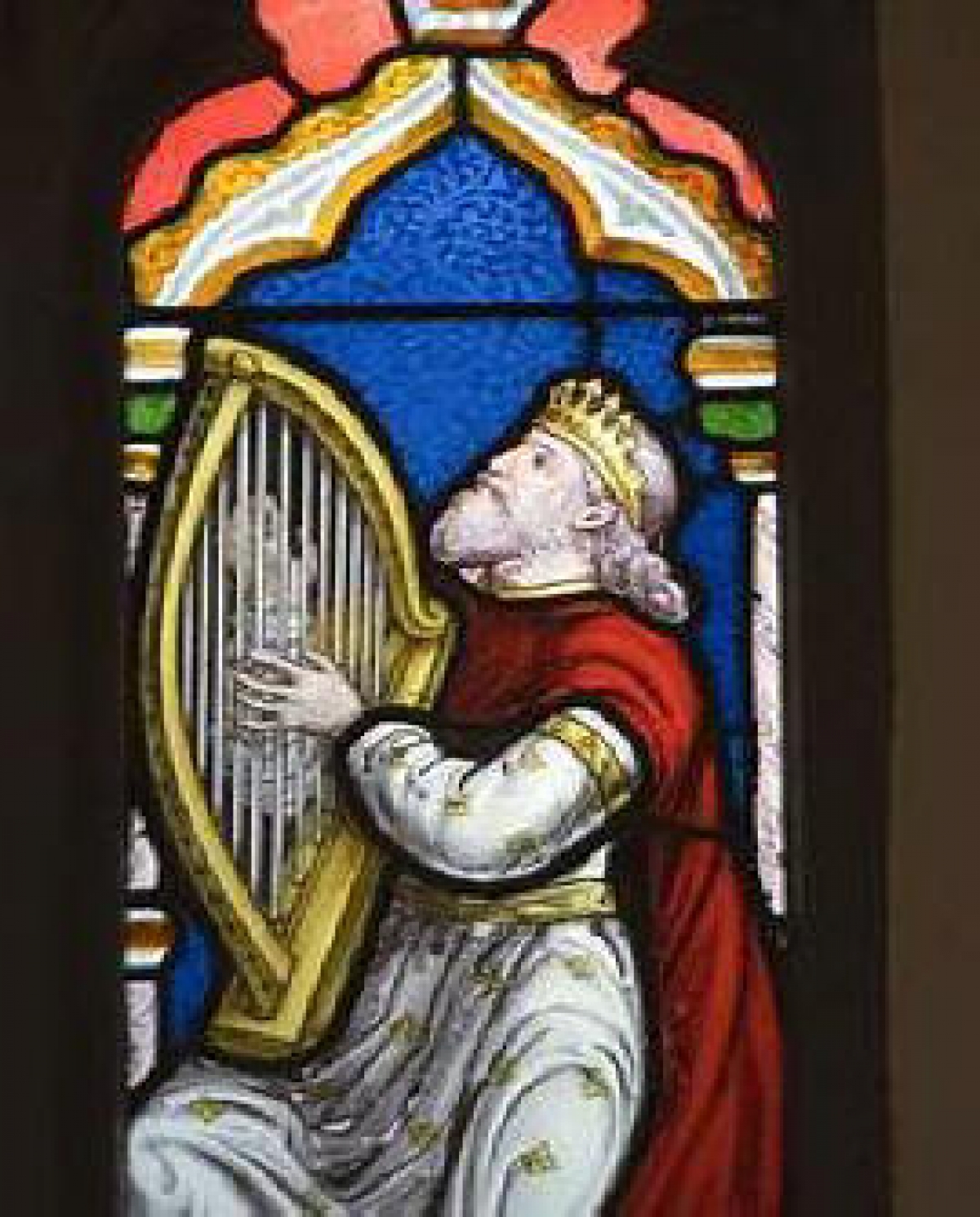
Keep Harping!

Flowing in Jesus

The Surpassing Importance of Testing

Be The Real Deal
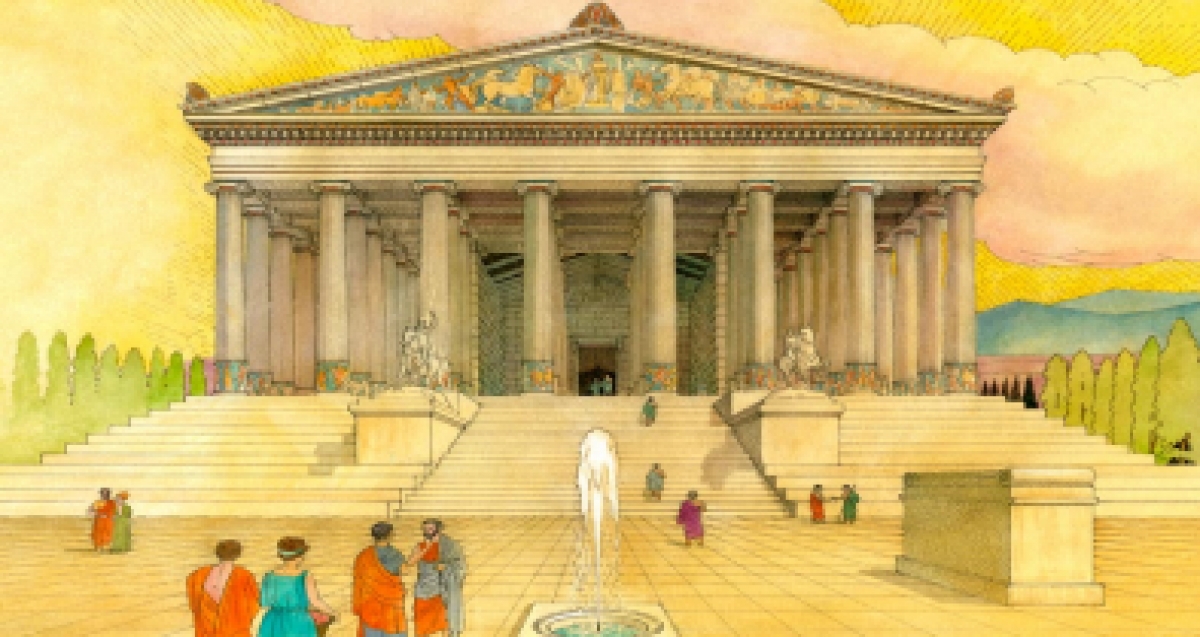
Pagan or Pleasing Worship?

A "Jezebel Spirit"?
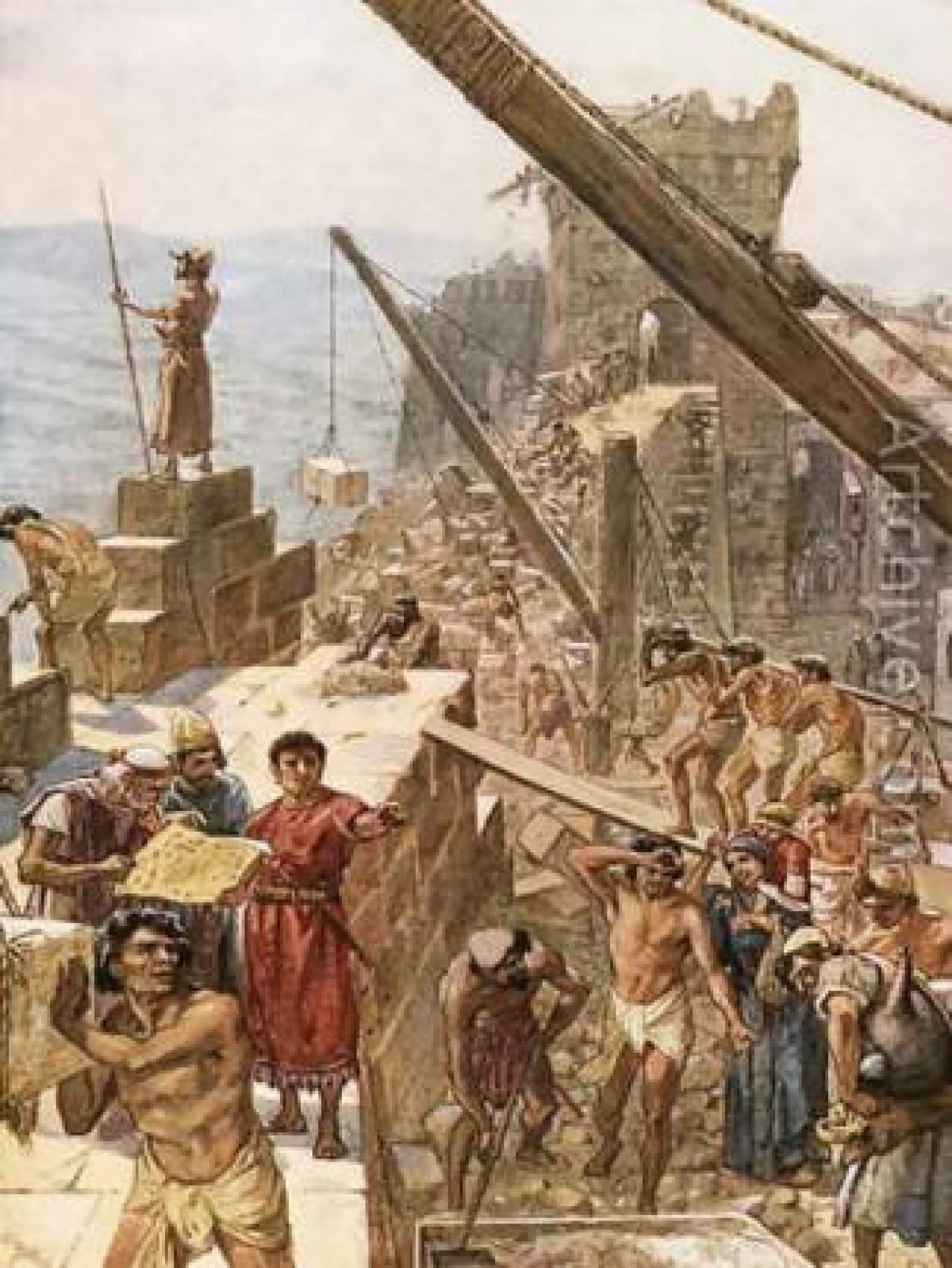
A Very Timely Message
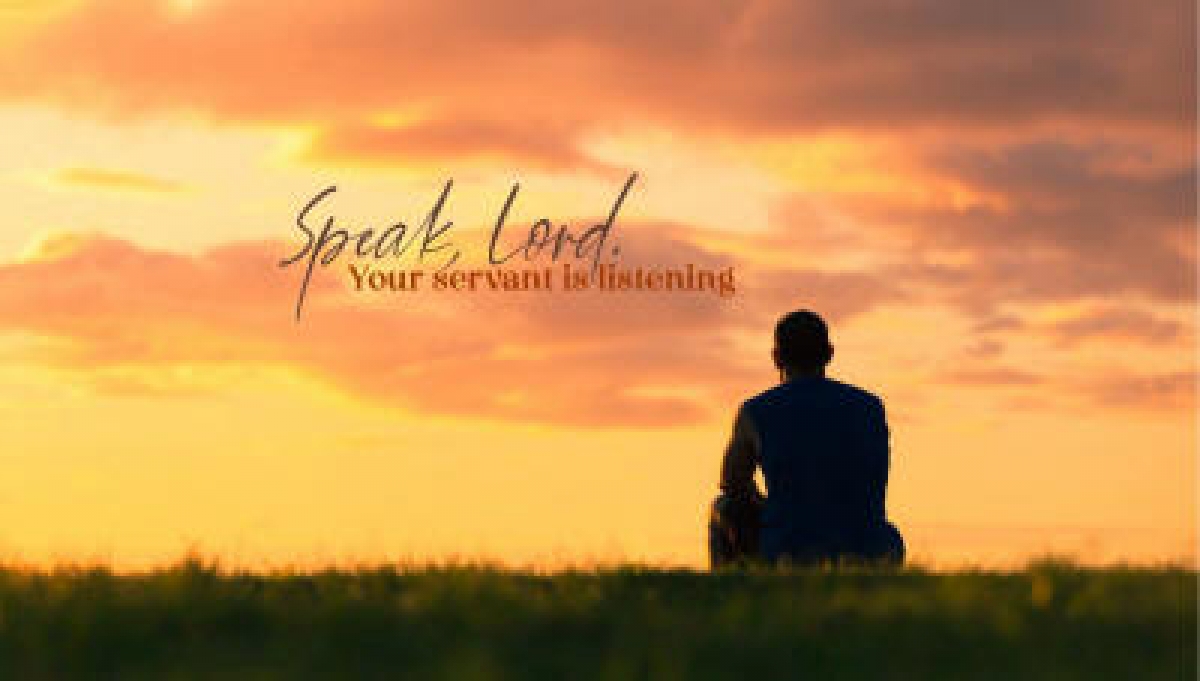
A God-Listening Heart
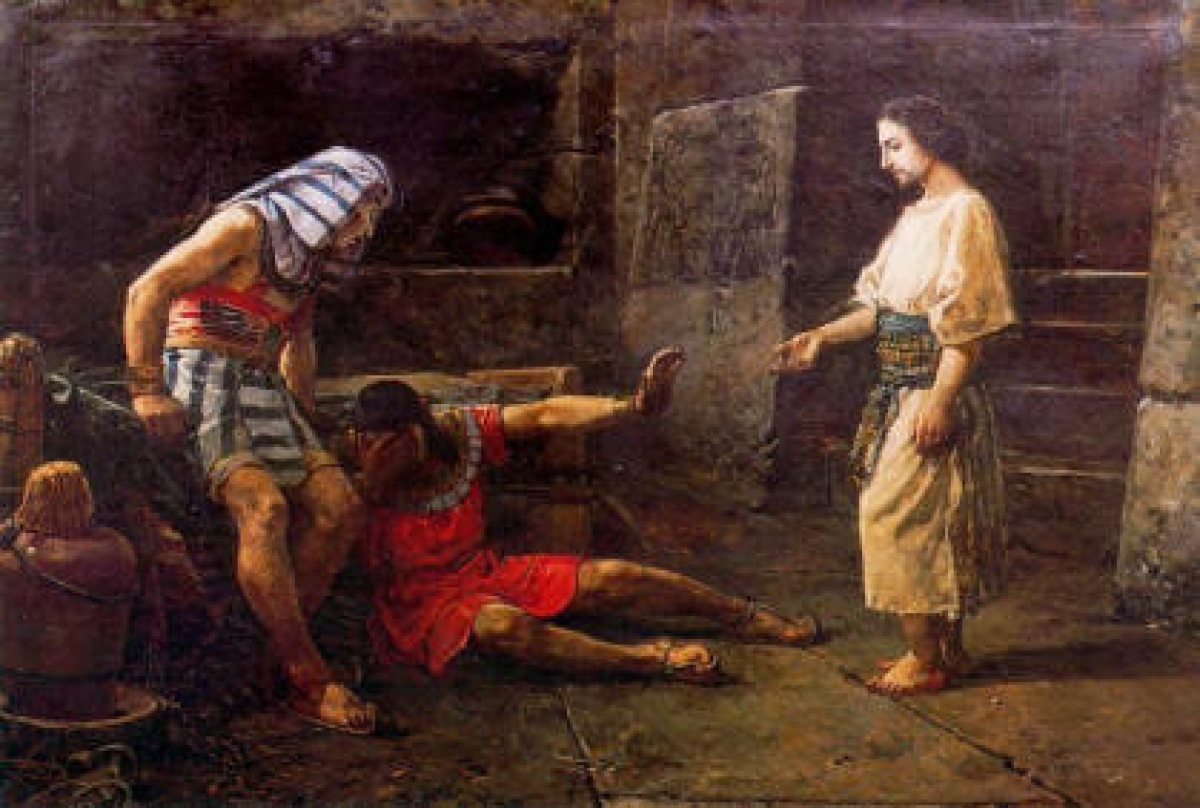
Faithful in The Day of Small Things

Coming Up in The World?
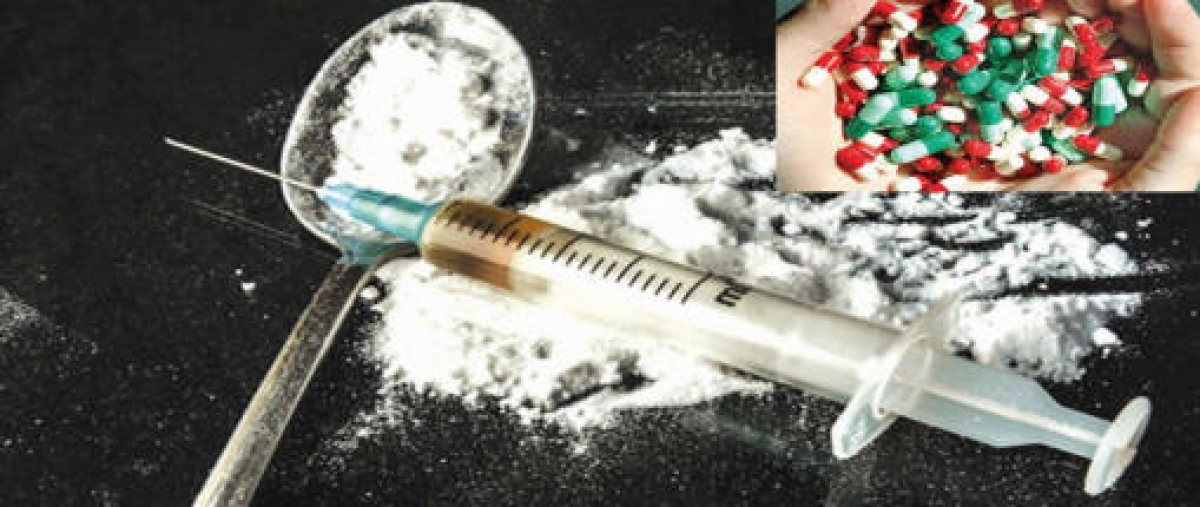
God Abusers!
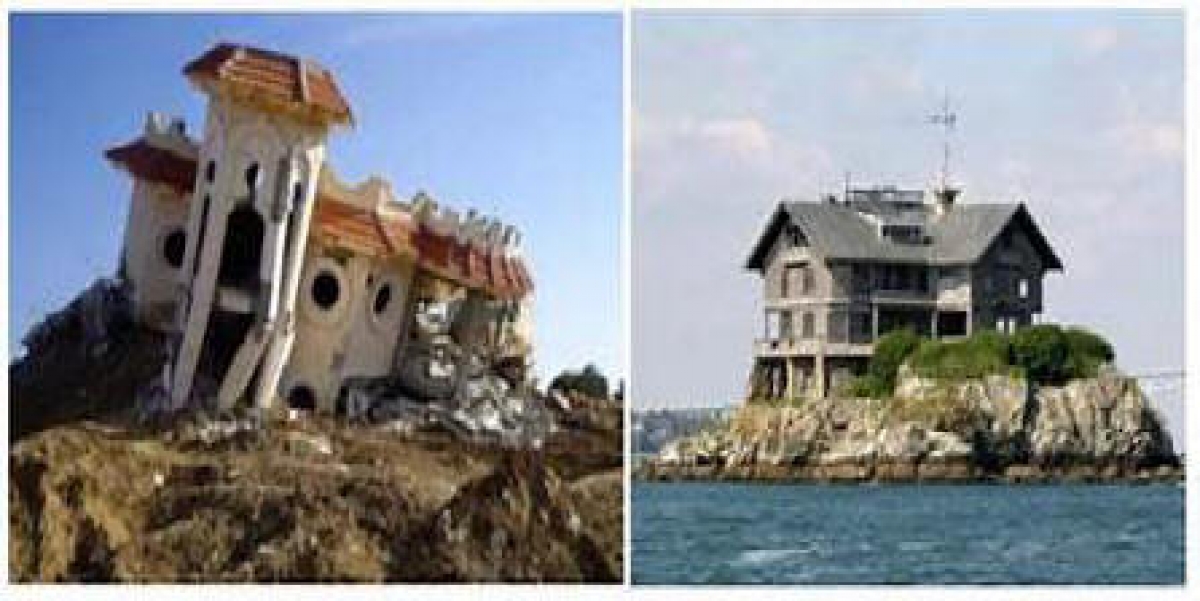
Are You Fixed to The Rock?

The Power of Full Consecration

The Profile of a Prophet

Don't Send Your Regrets!

The American Pantheon

About Those Uncomfortable Christmases . . .
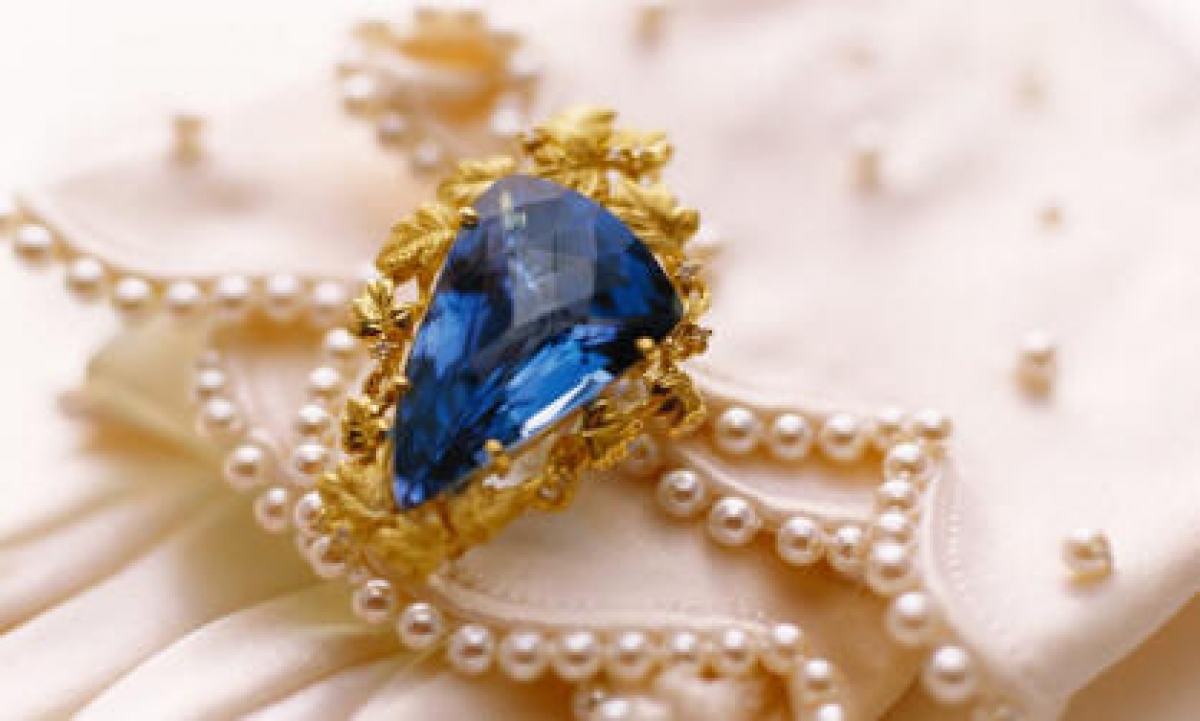
God's Jewels!

Faithful or False Witnesses?

The Evaluation

The Ropemaker

The Mighty Mantle of Messianic Ministry

Ministry Assistance Needed!

The End of the God's Permissive Will
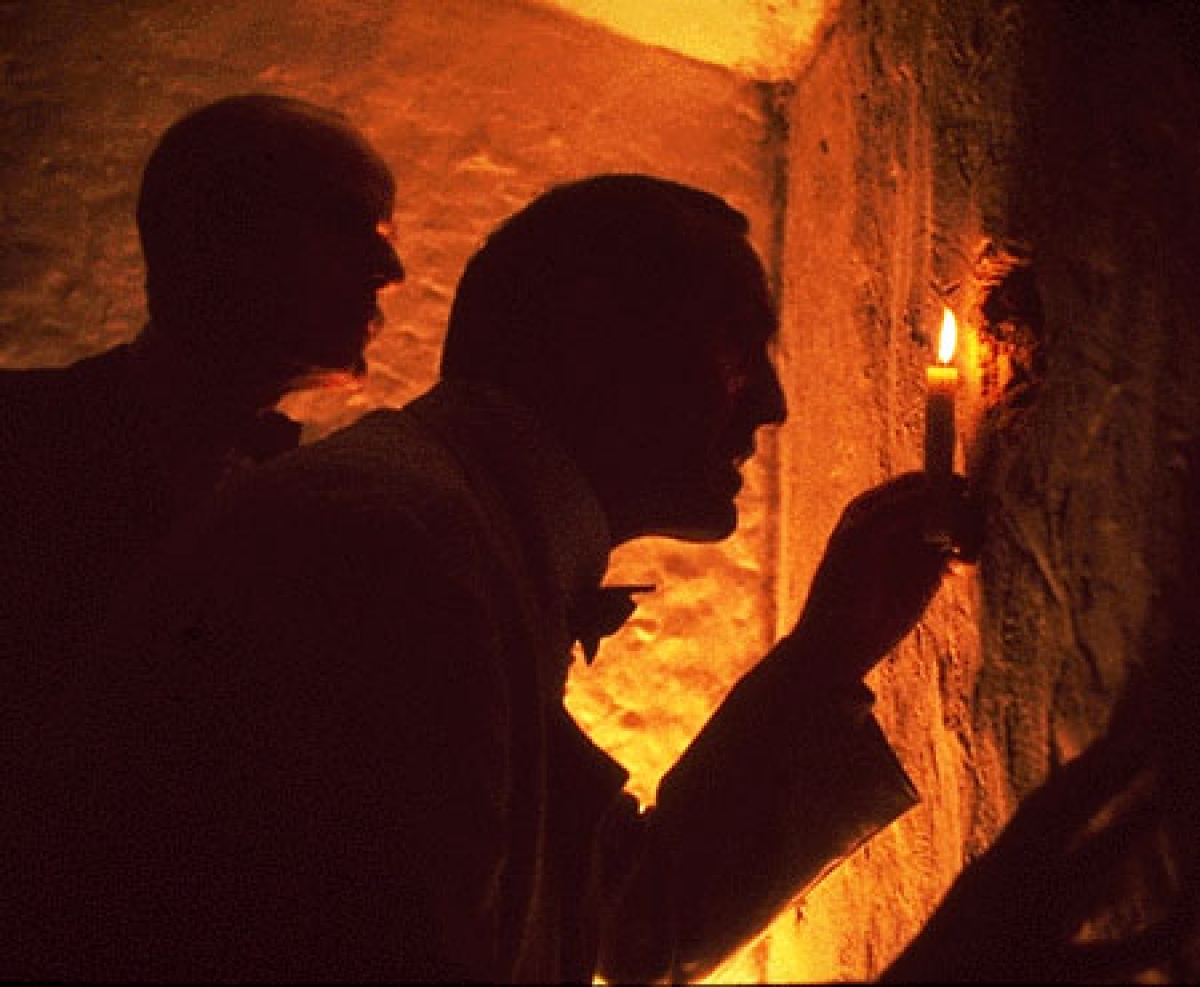
The Illuminator
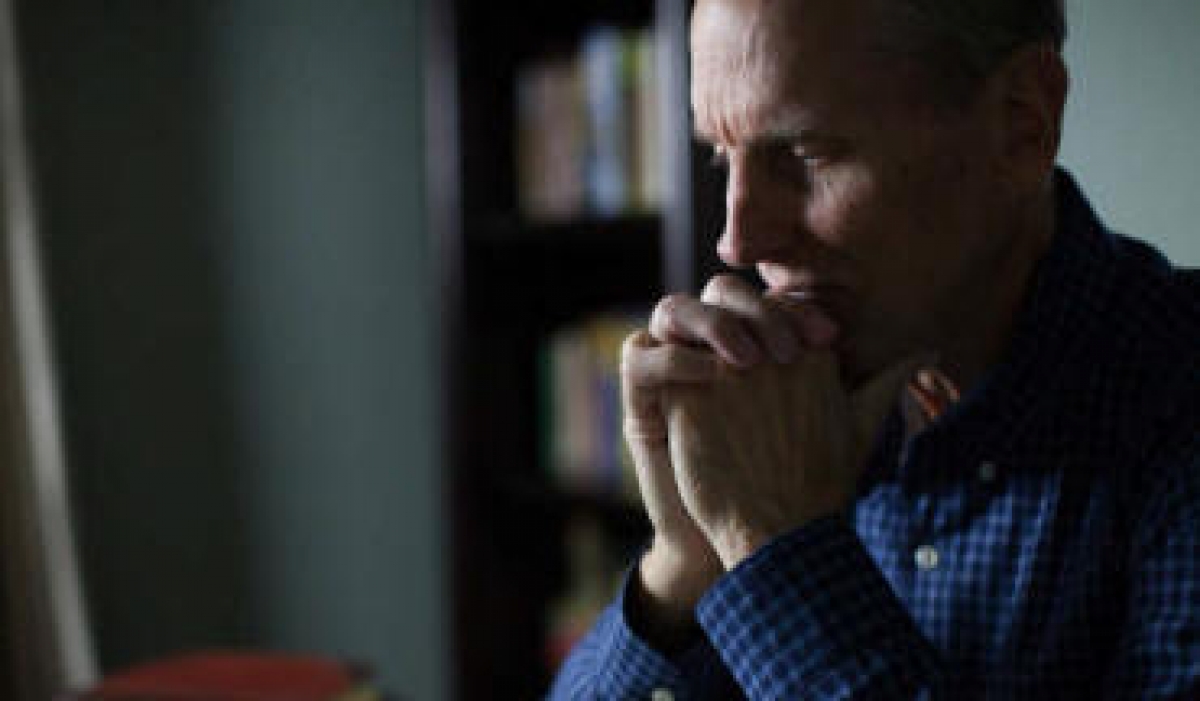
The Death of Pastoral Expectancy

Herod In Our Midst

The Fruitful Dead

Ministry to Minitudes

The Atmosphere of The Miraculous

In His Name
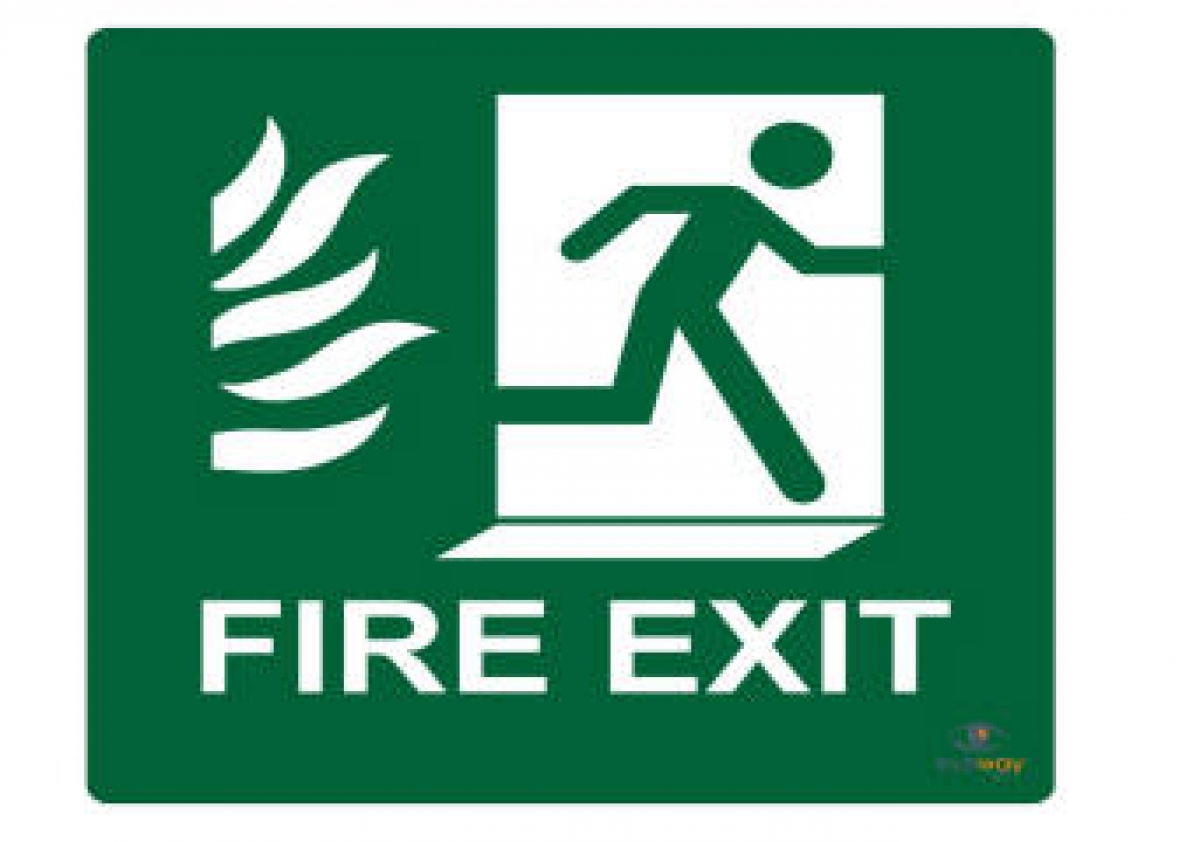
The Fire Escape
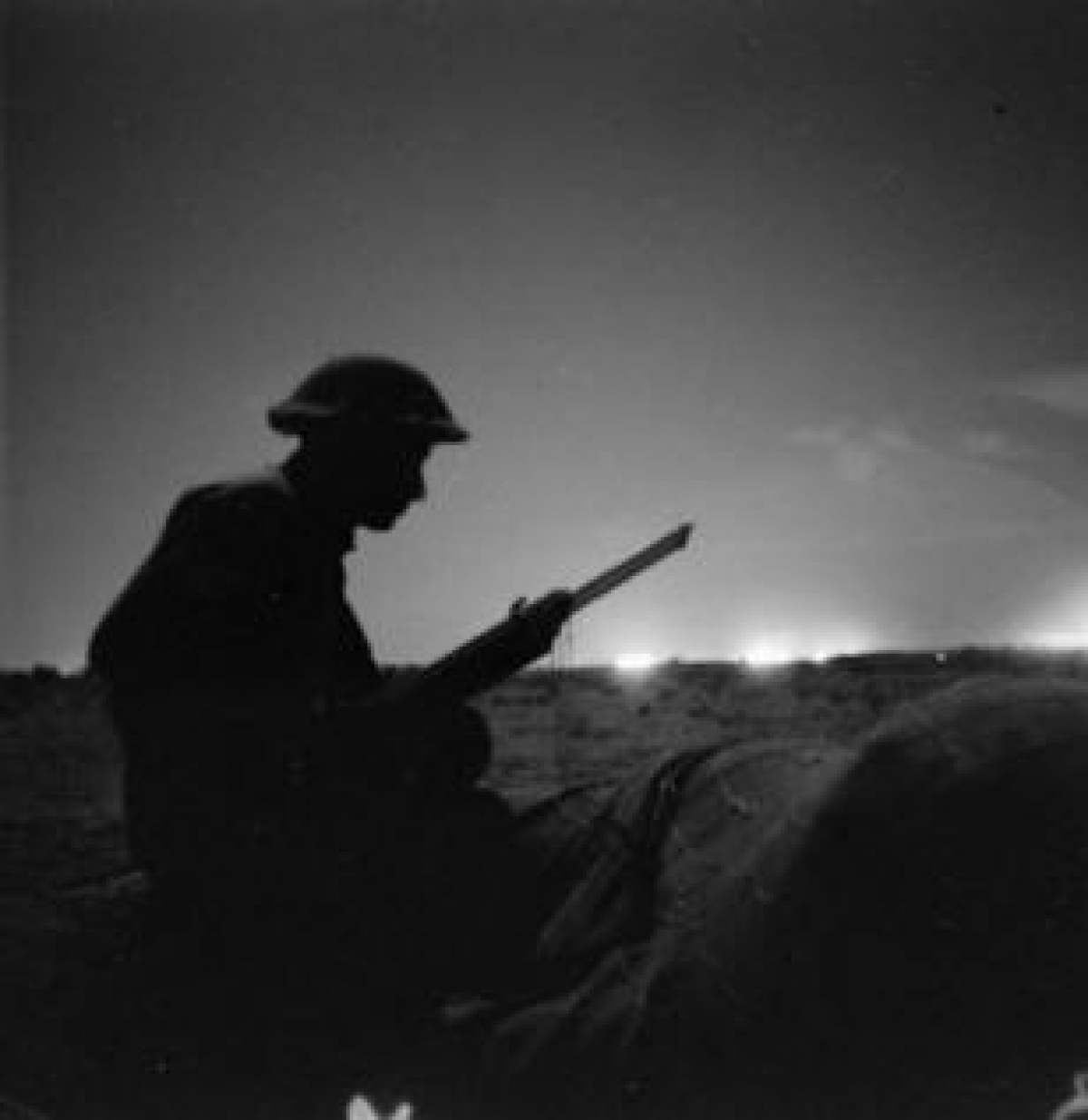
As Sure As The Dawn!

Treading Power
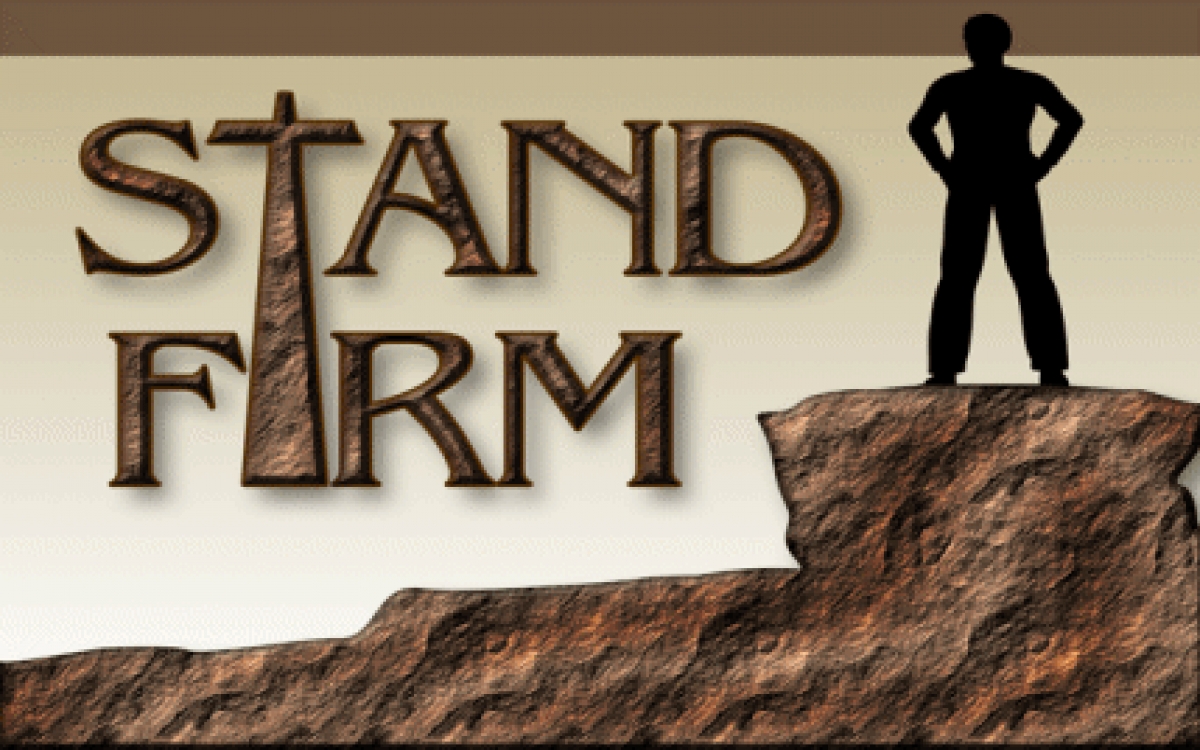
Just What He Said!

Do You Know the Goal?

A Large Lesson for Leaders

The Somebodies and The Nobodies

Red Light, Green Light

Pastor, Be Loosed!
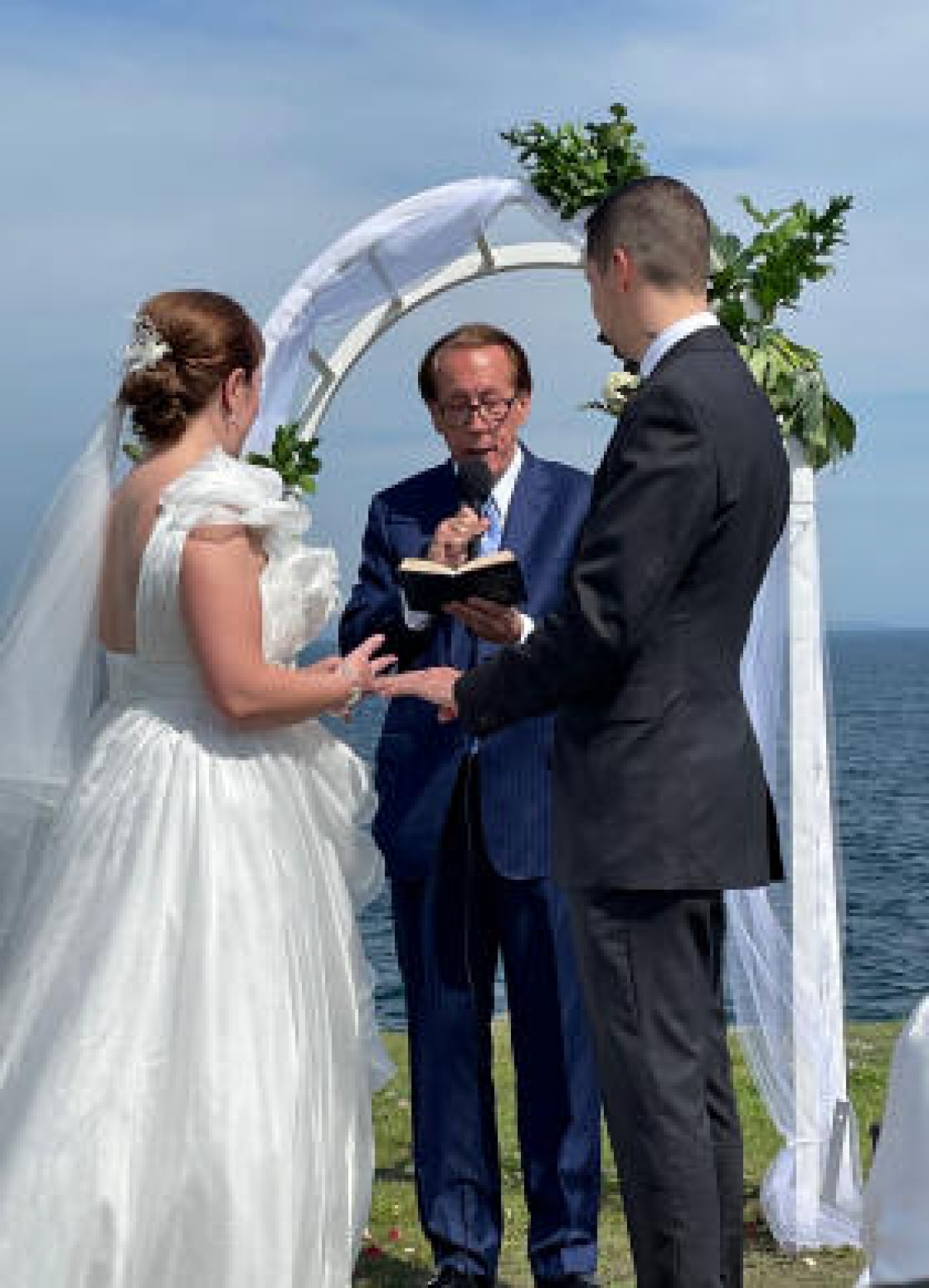
Fools Rush In . . .
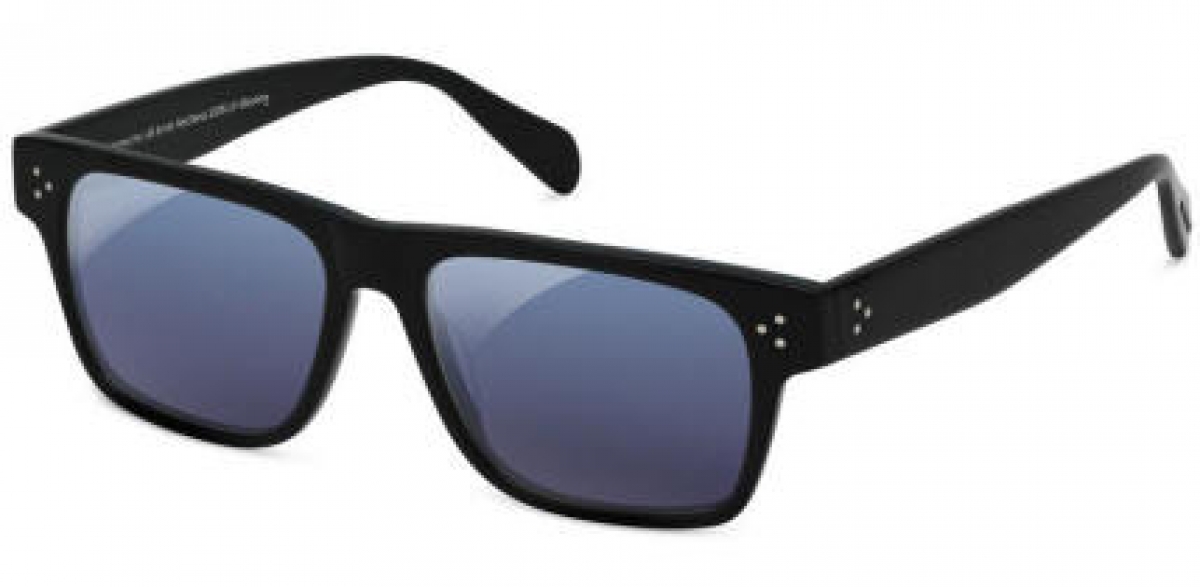
Amazing New Glasses!

The Key to Friendship With Jesus

Ignorance Is Not Desired!

Creatures of Trust

Those Special Cases?

Banning Christian Songs?
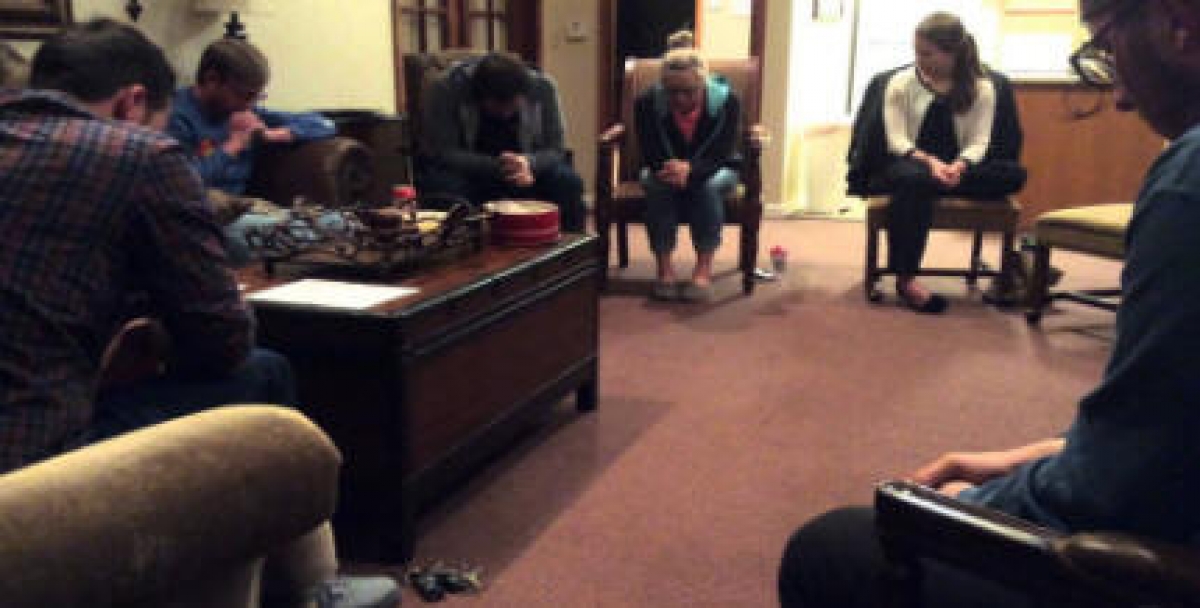
A House of Prayer

No Jewish Bridegroom Would ...

Futile Fruit or Forever Fruit?
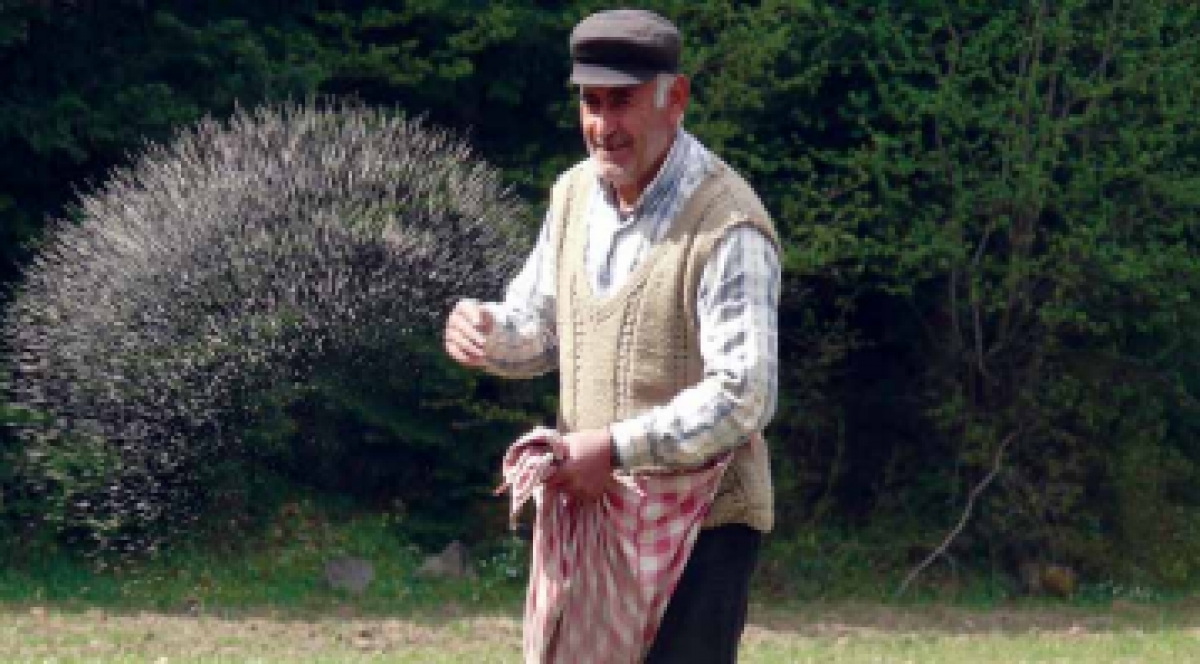
Treasure Seed

Real Revival

Heroic Prayer

Walking Instructions
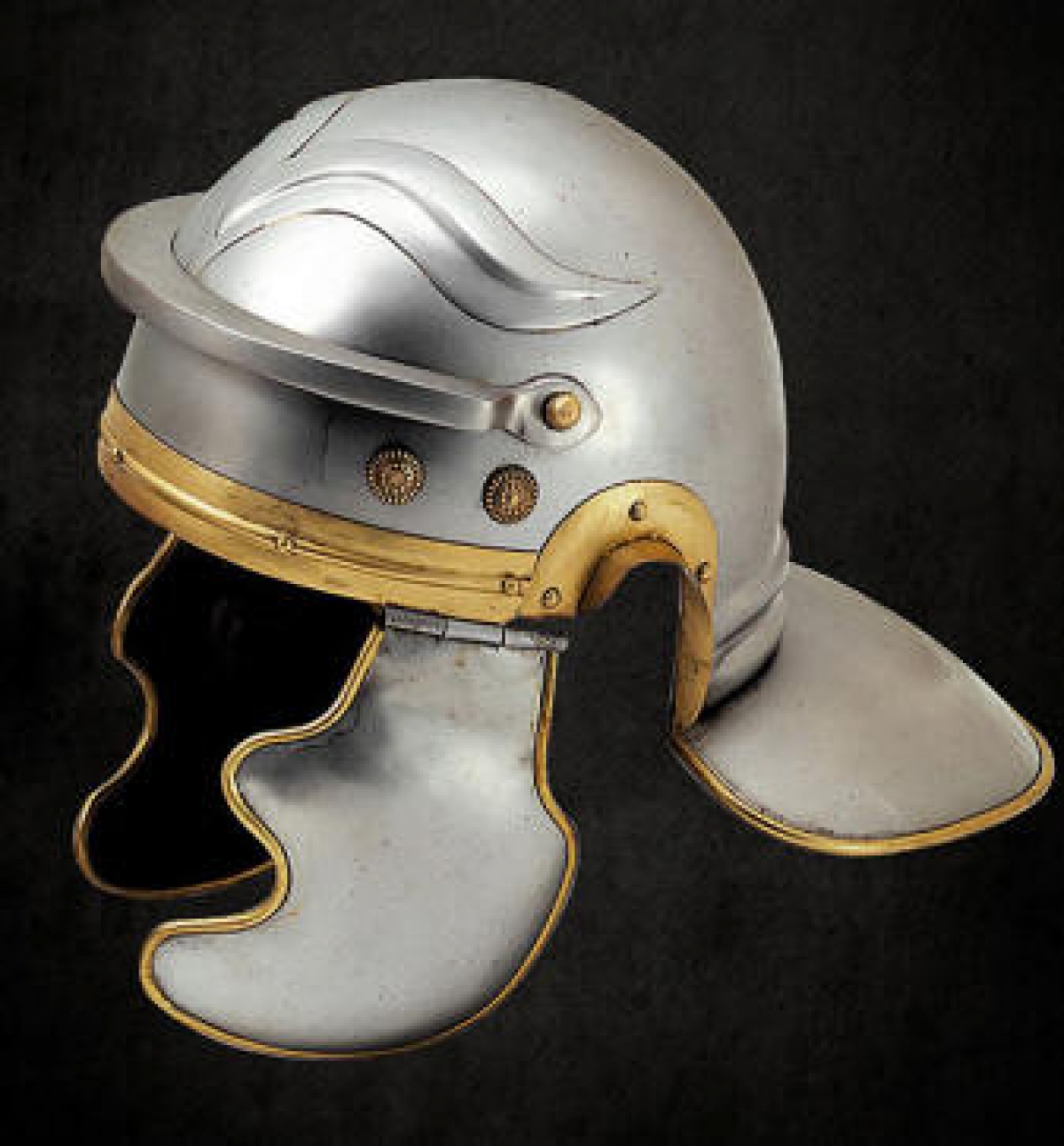
The Head Coverer

God's Immovable Ones
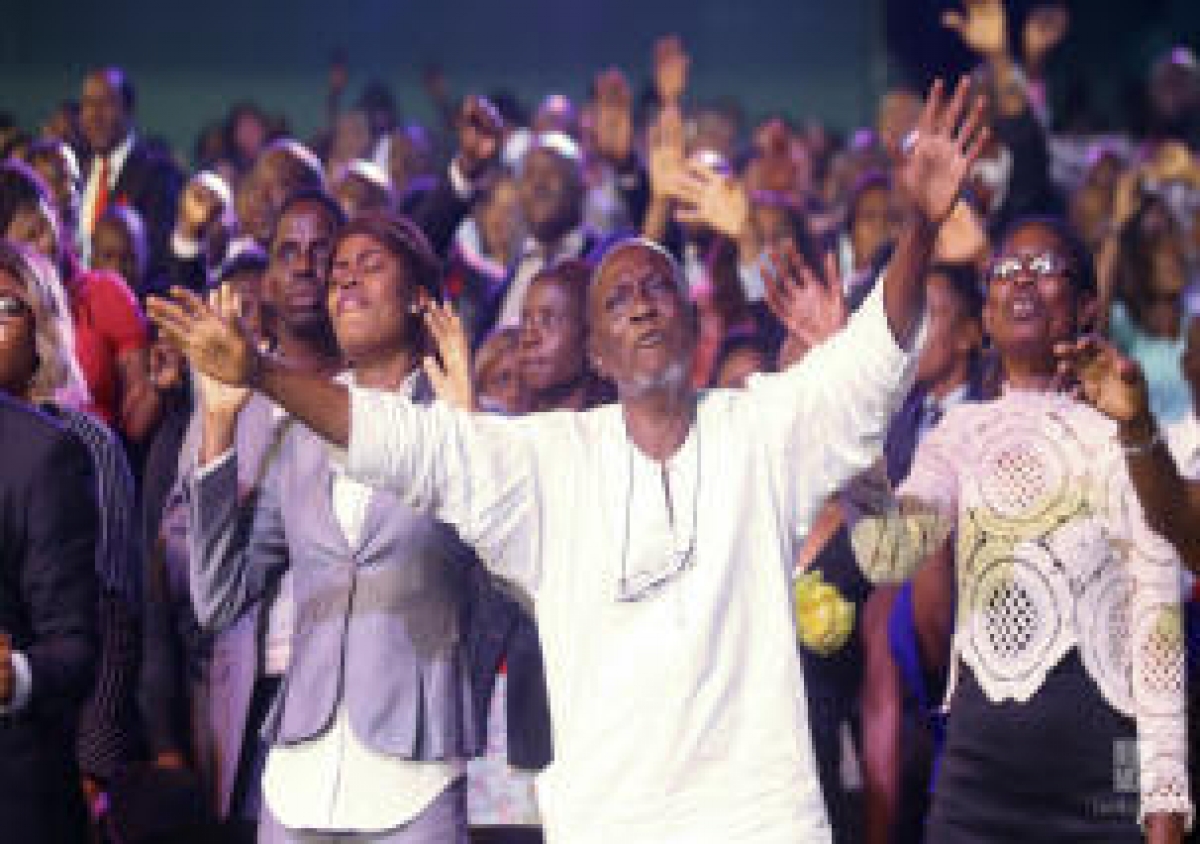
Mission Possible!
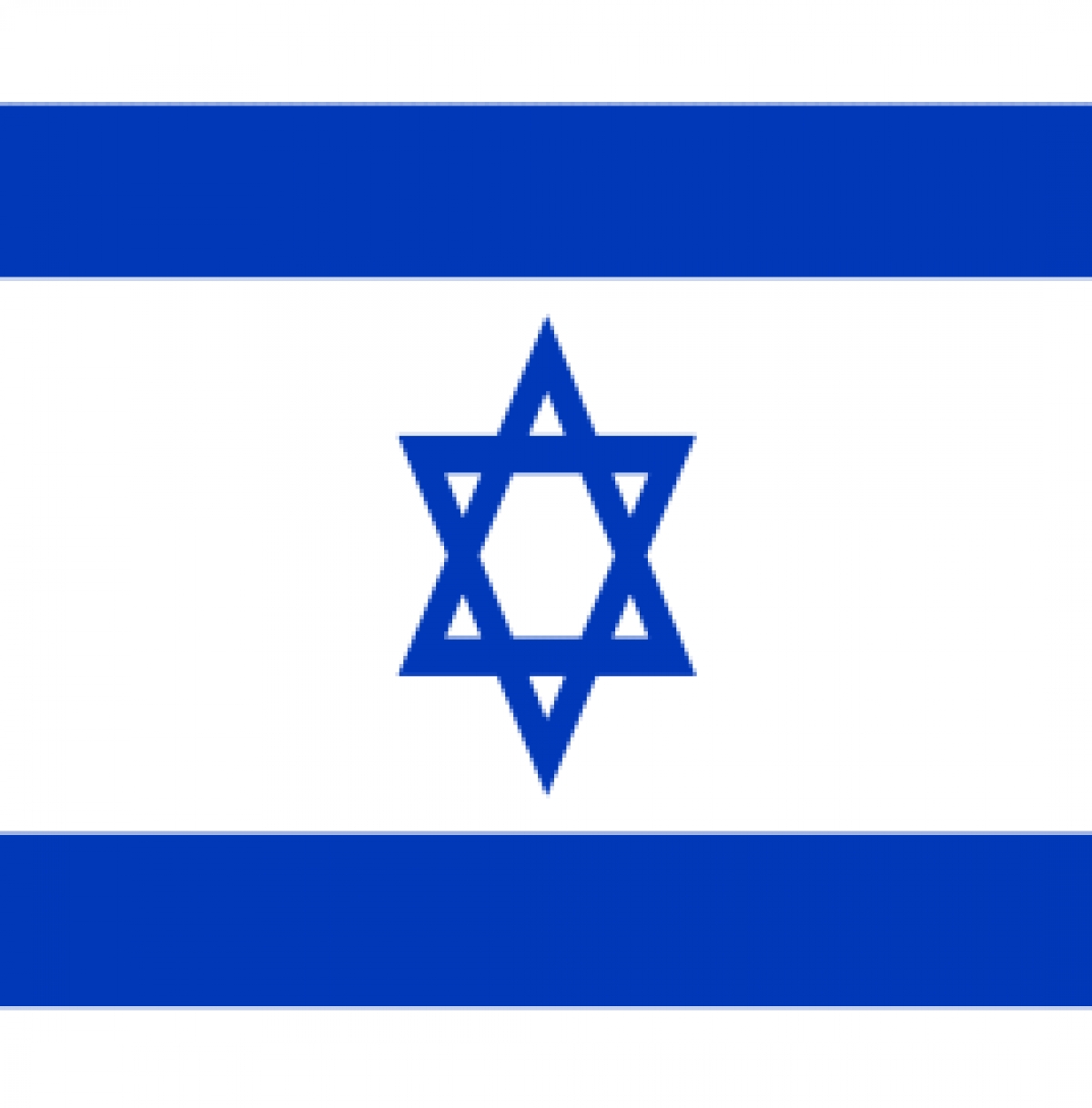
Remembering Our Jewish Roots
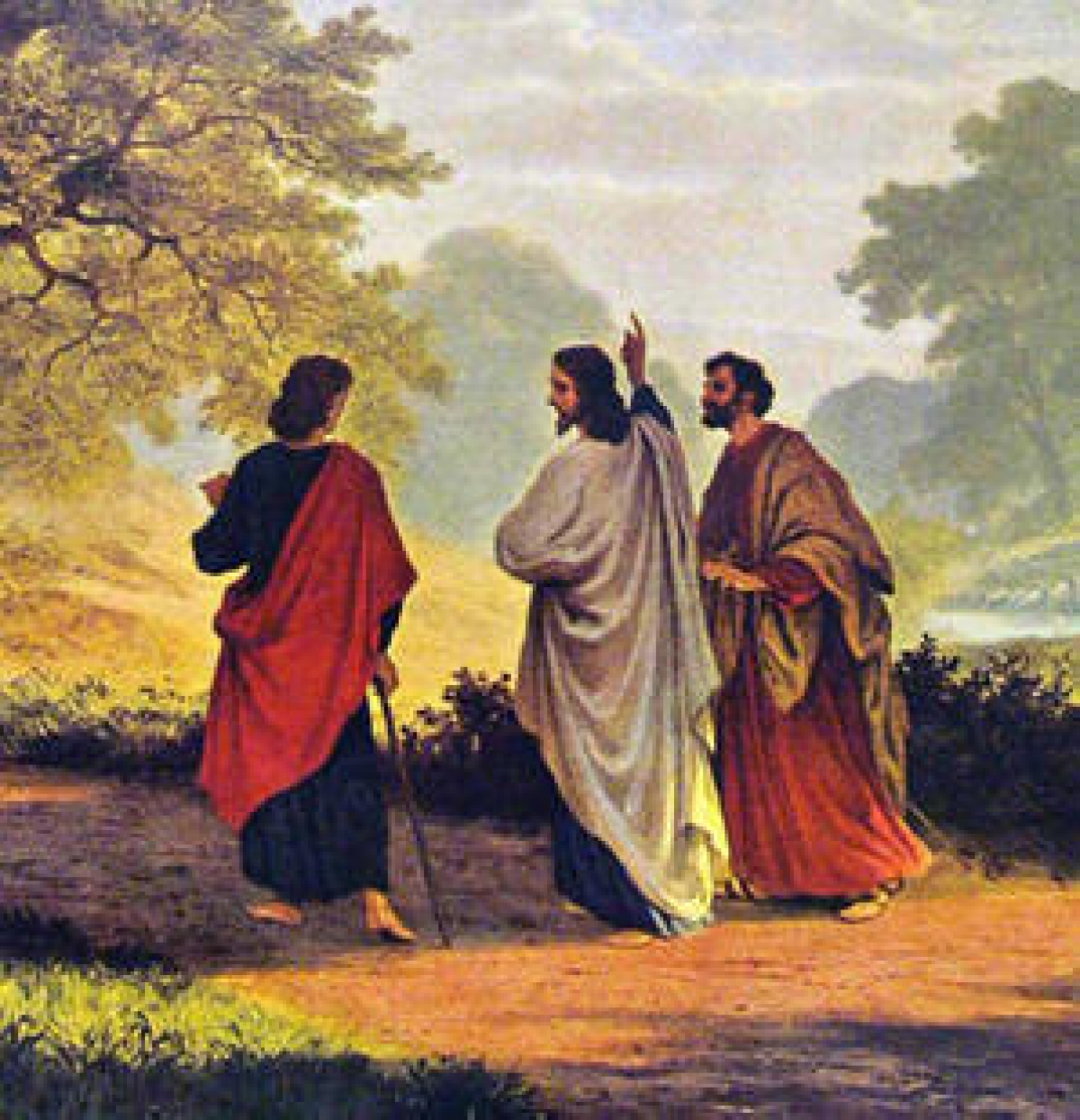
As We Walk, He Talks

The Door to Abundant Life

Little Millenniums, Large Blessings!

Spiritual Water Lovers

Compassionately Driven
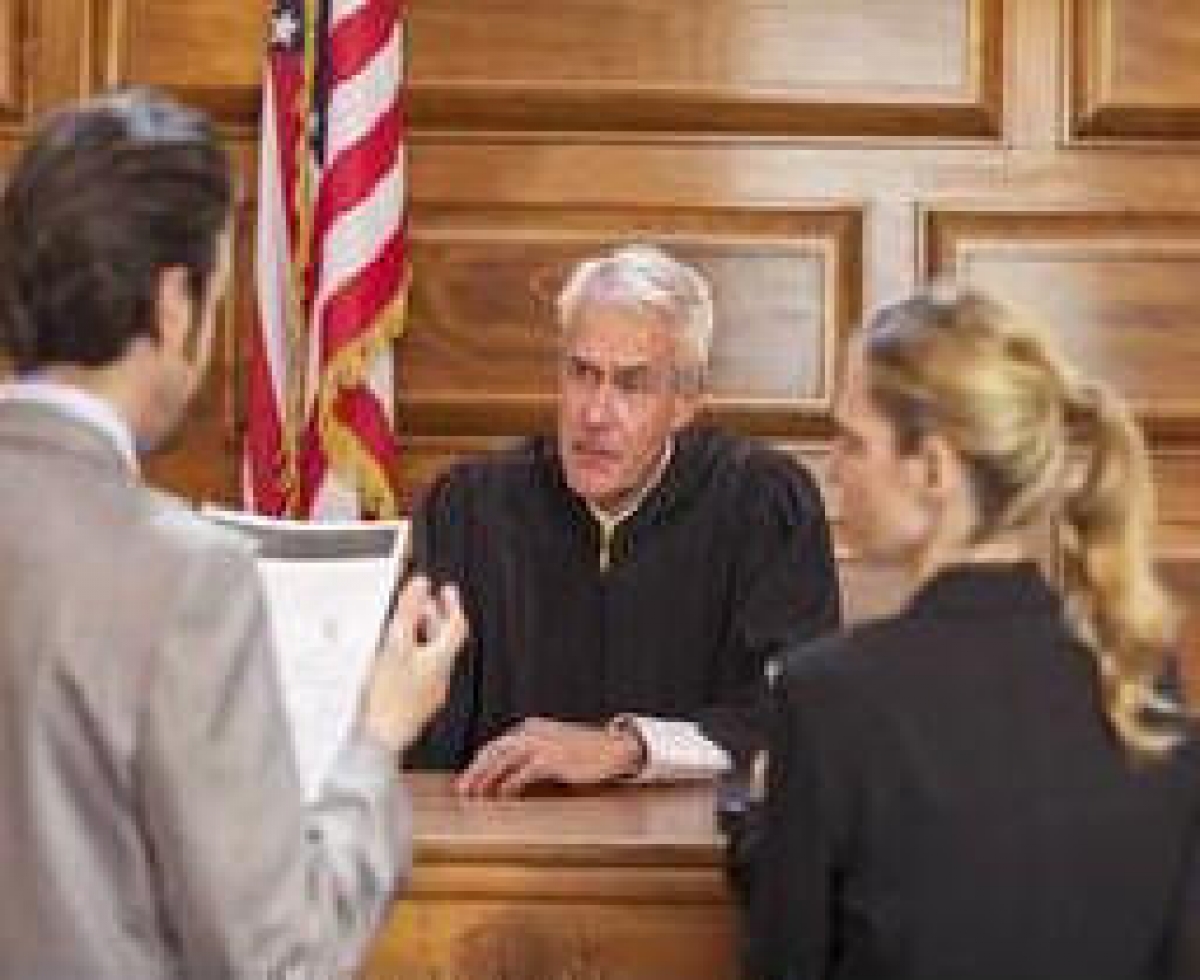
Lawyers Needed!

It's Time to Turn The Page

Shock Treatment!

Outbreaks and Breakthroughs

A Simple Solution

Blessed - Then Immediately Disobedient!

Unoffendable, Undisturbable, Undefeatable !

Lust Blindness
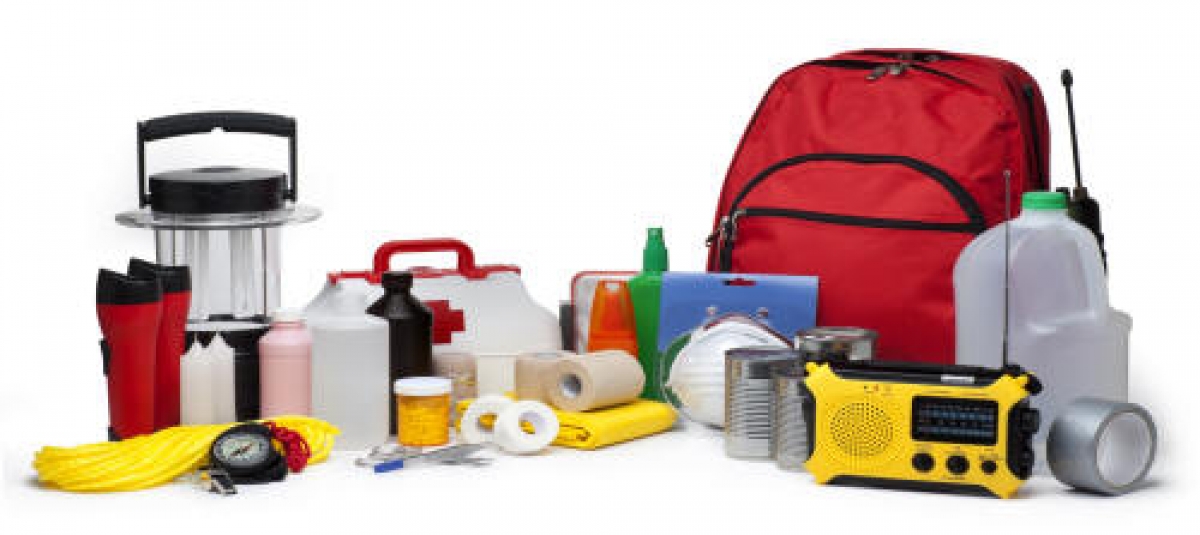
Survival Supplies?

Hoping or Knowing?
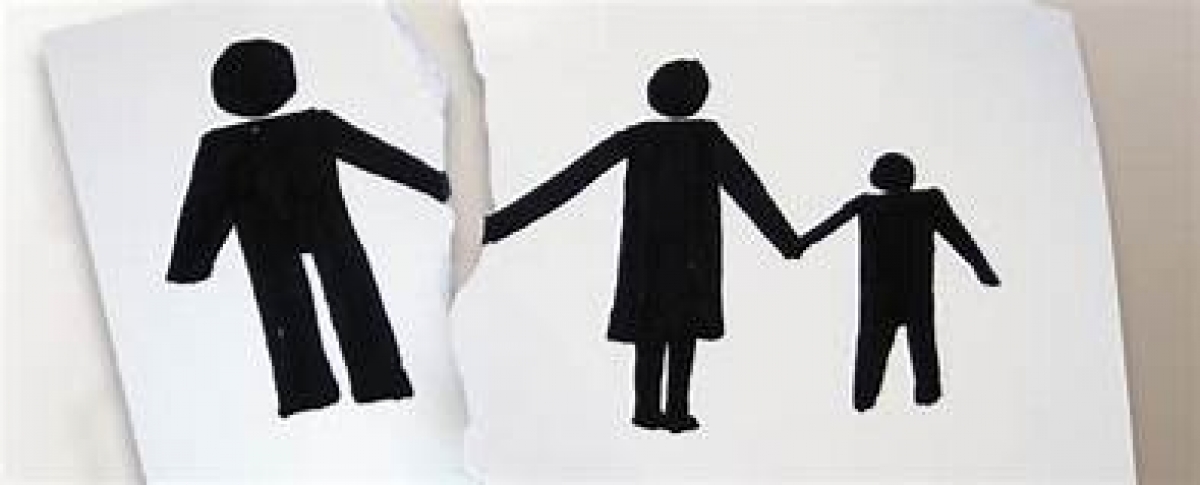
Family Trouble?
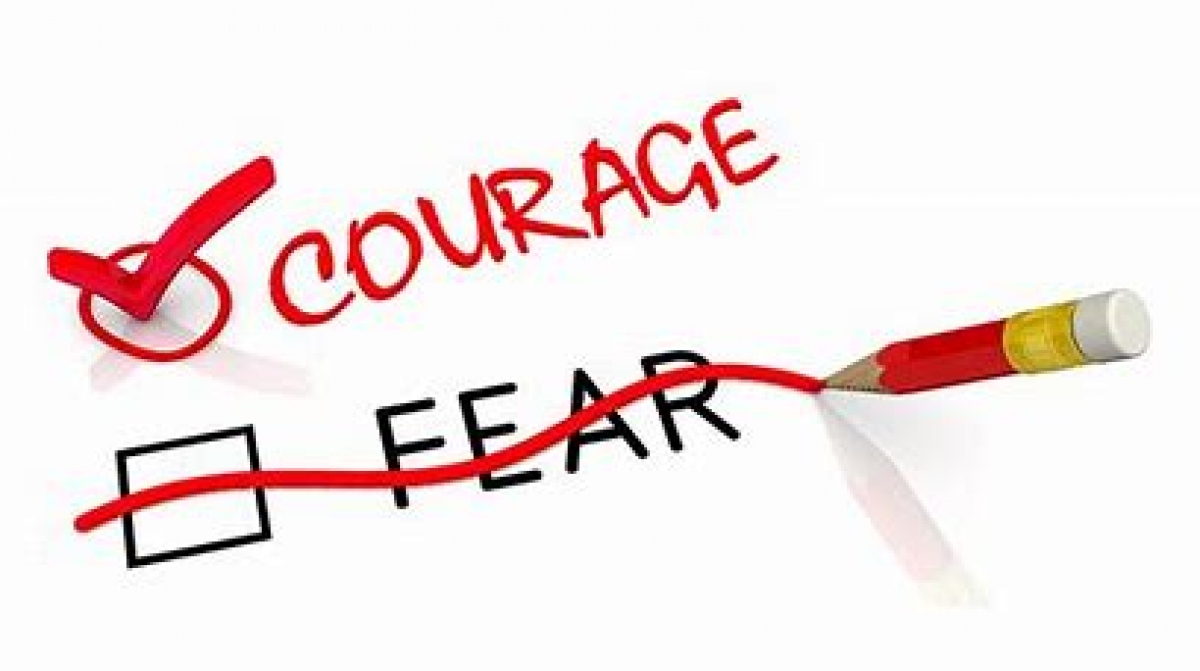
The Courageous and The Cowardly

Not Getting Your Way?
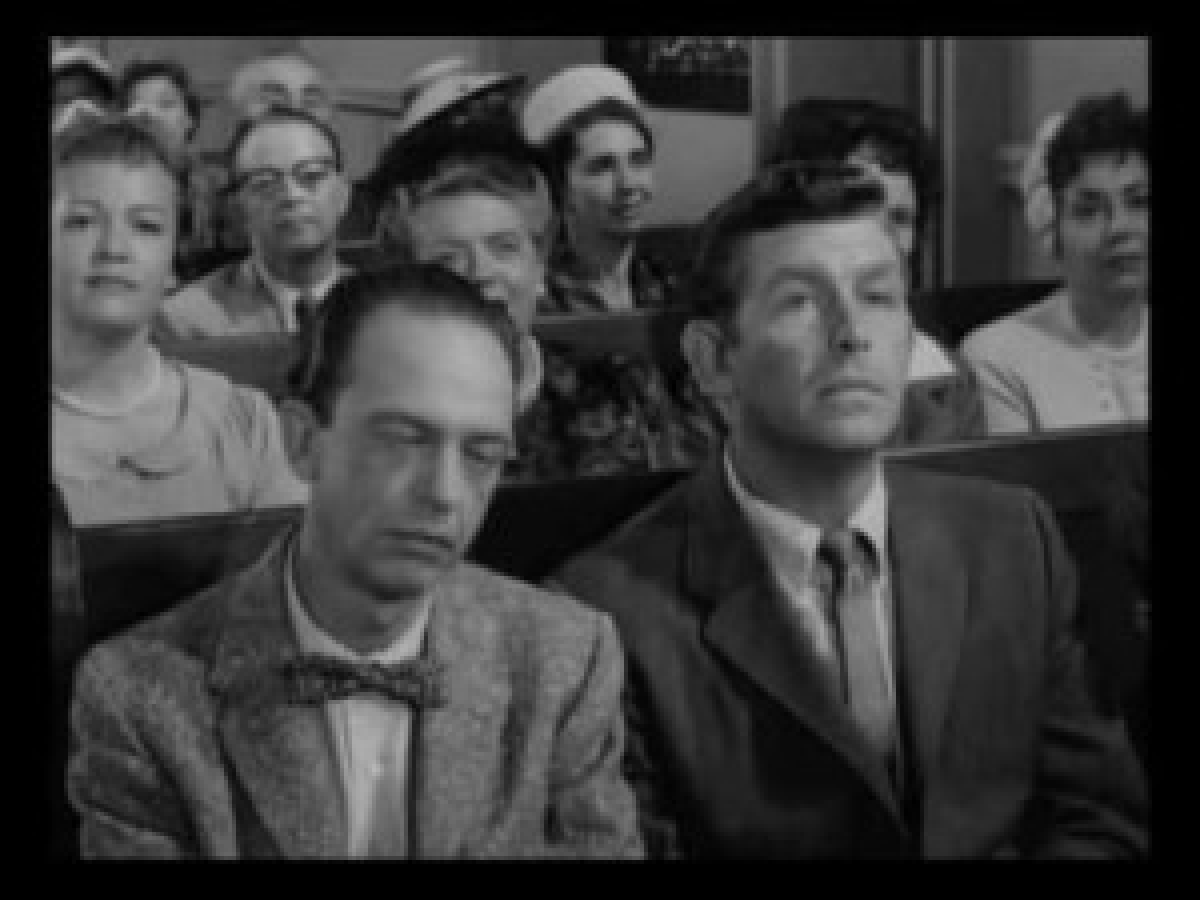
Spiritual Inattentiveness

Using Up the Clock

Special Treatment?

The Last Word
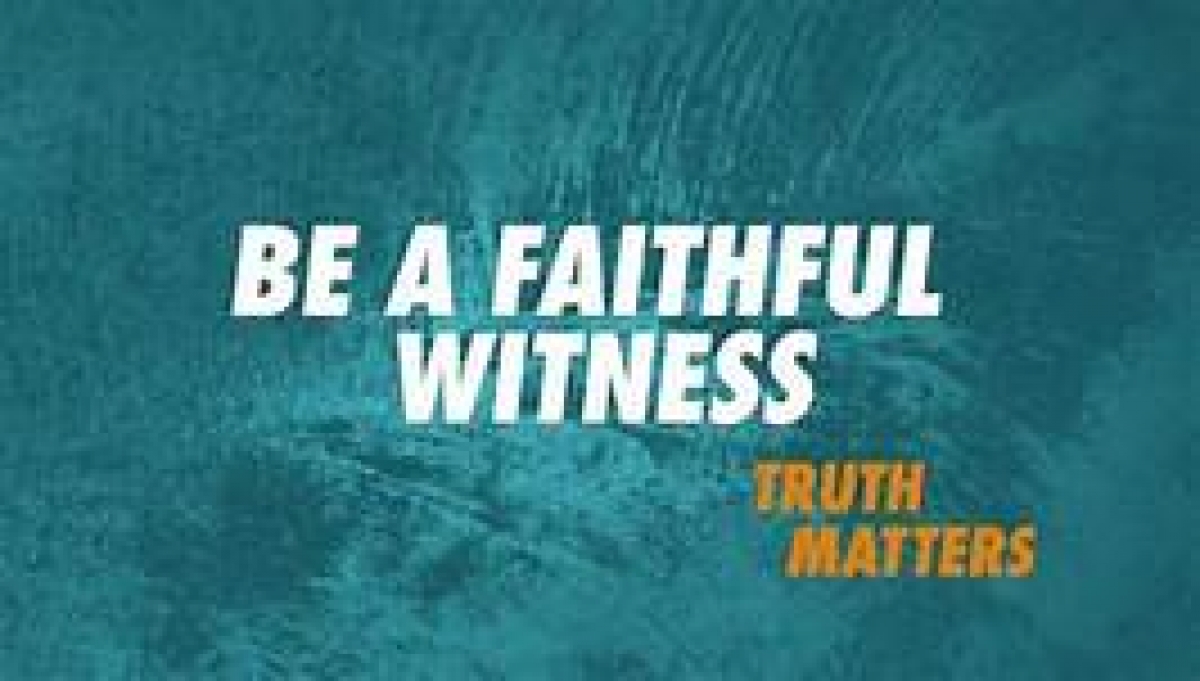
A Faithful Witness

Destiny-Determining Decisions

Devotion Plus Discipline = Daniel!

Reward Yourself!
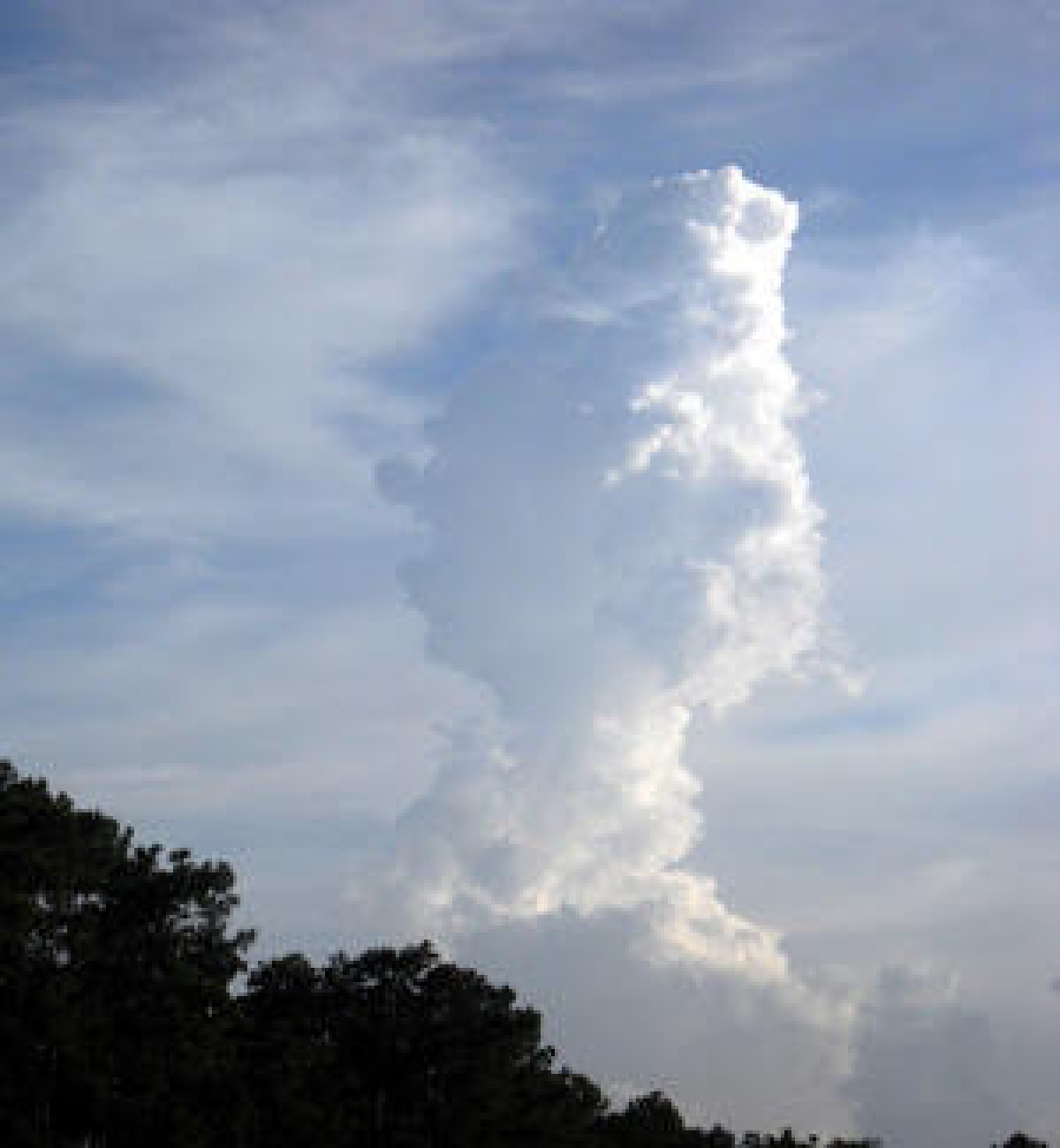
A Word of Guidance
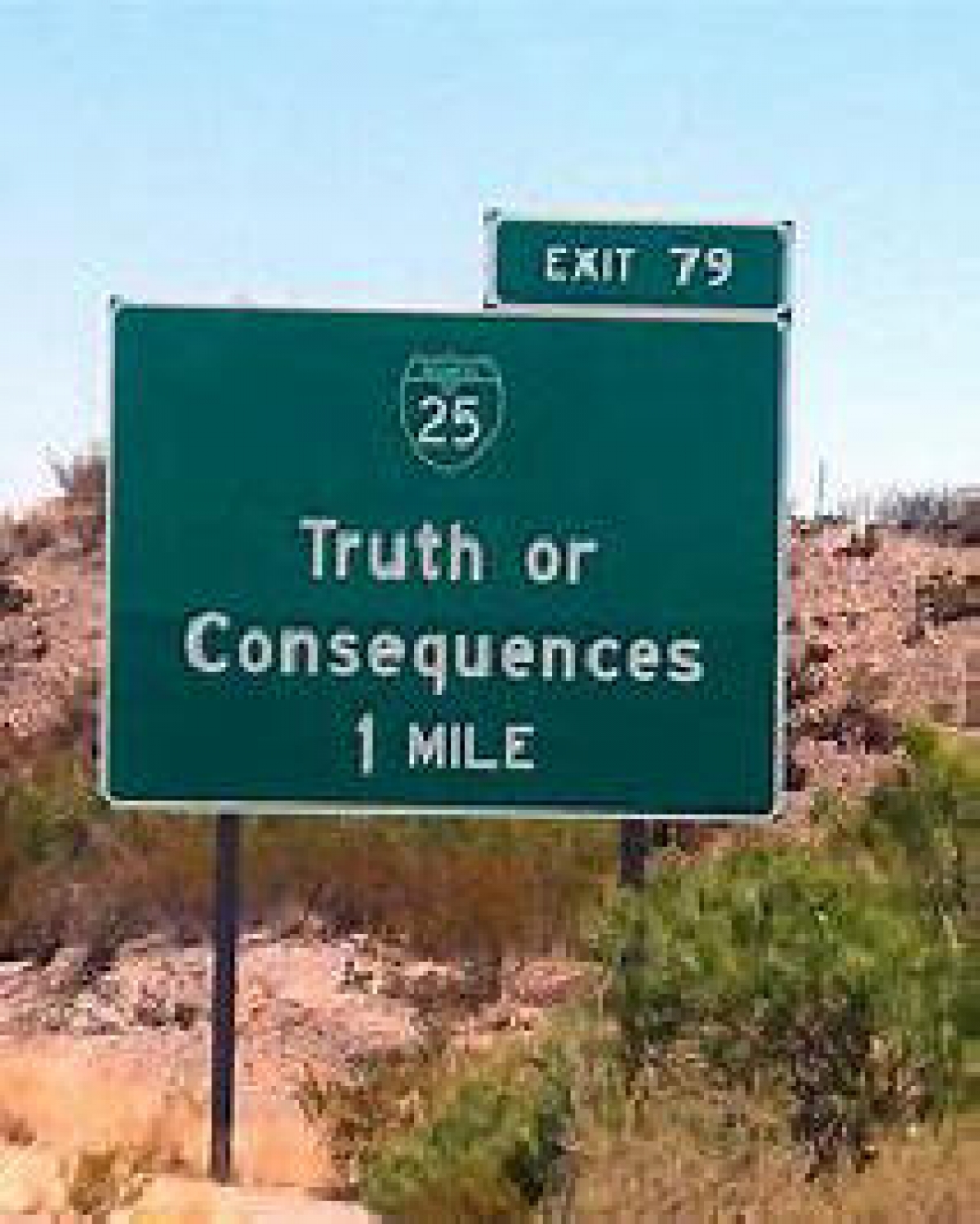
Truth or Consequences?
Solomon Says

Launch Day!

New Life, New Way

Not "If" But "When"
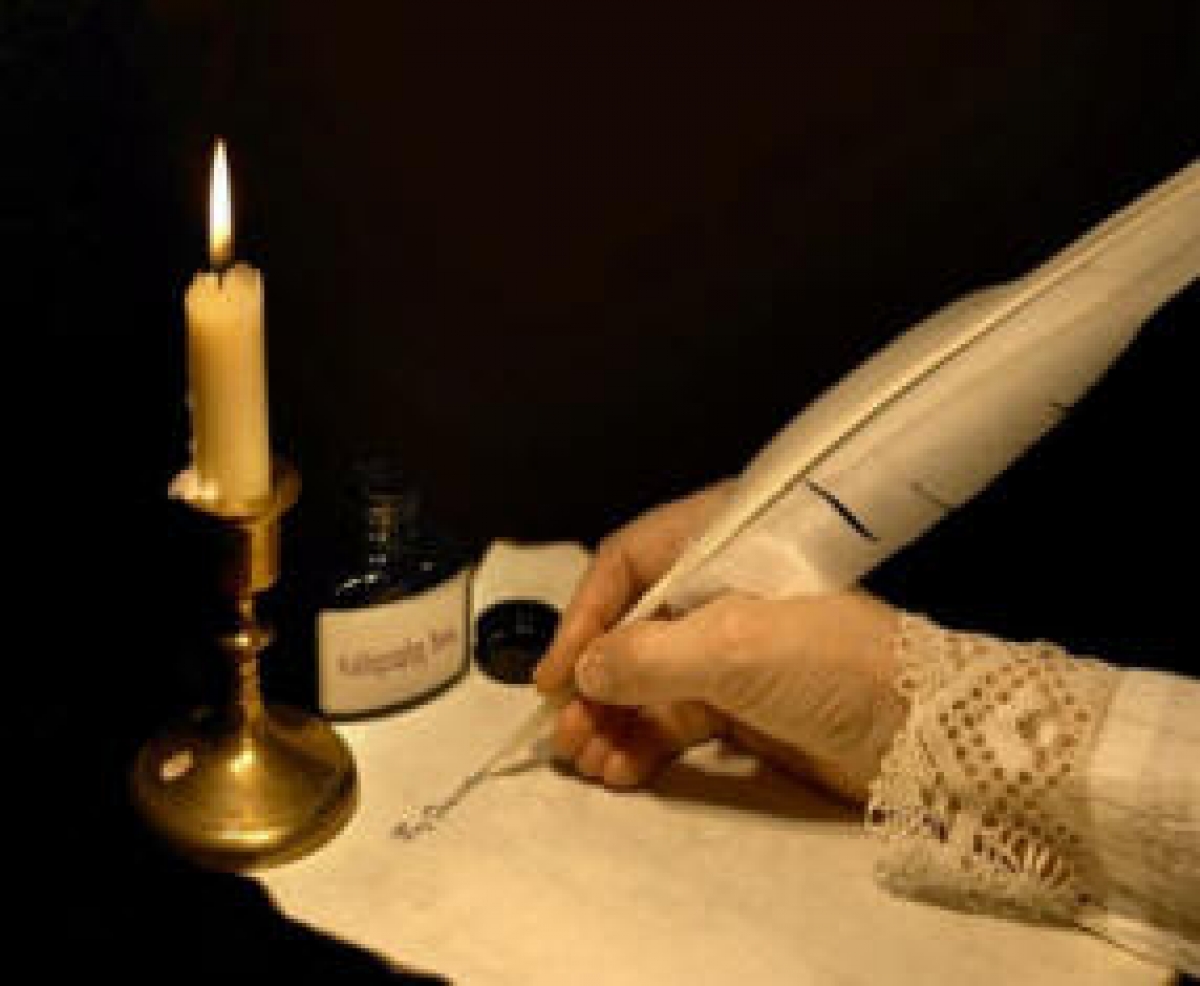
They Are Written!

To The Lonely
Finishing Well: In God's Word!
He Being Dead Yet Speaketh
Princes of The Pit
The Word Snatcher
As We Return to Our Churches . . .
In Fearful Times . . .
When God Is On The Move!
Flow River, Flow!
Inescapable!
The Rock Yard and The Winepress
Spiritual Amputation
Major Repairs Underway
Another Trek, Another Test, Another Triumph!
One More Confident Sheep!
A Sure Cure
The UN is Coming!
Sing - And He Will Sing to You
God's Intensive Personal Care
The Joy of Committed Disciples!
Grace, Grit, Growth, Glory
The Progression of Persevering Prayer
A Perfect Encouragement!
What Would Jesus Nickname You?
Heaven-Sent Revival
How to Hear God's Voice
A Message for Ministers
The Unlikely Call of God
A Transformative Resolution

The Vision

A Corrective Word About Prophets

To "Feel in the Heart"

Our Christ Worth

About Self-Pity

Wondering at a Wonderful Wonder!

About Ruling & Reigning With Christ

The Blessing, The Blessed, The Unblessed

Weak Links

Pressurized Christians

Substance or Show?

The Case for Meekness

When Leaders Get It Wrong!

Crying Out for His Coming

Unalarmable!

The Paradox of Works

A Message to The Married

The Greatest Praise and Worship

A Note to Noteaholics

The Moses Principle

Where Are All His Miracles?

A Major Correction

Petrine Eschatology

He Went His Way

Let's Get Little!

From Pledge to Polemicist

2025 - The Year of The Altar

The Highest Ministry

Now About Communion . . .

Are Your Rivers Flowing?

Are You Correctable?

The Greatest Test

Baggage Check, Please . . .

The Insignificance of Human Insignificance

A Prayer for Bible Students

A Prophetic Word . . .

A Dynamic Divine Message

"Cast" Sheep

What is a Pure Heart?

Rapture Terminology 101

His Deep Leading

Seeing Through the Present

To Church Leaders

A Commitment or New Birth?

No Matter How Fiercely Opposed

The "Let's Play God" Game

The Preaching He Bids Us

Itinerant Incessant Intercessors

Church Growth God's Way

Religiousness vs. Realism

Unity, Tribalism, What's Next?

Christian Reprogramming

God's River-Powered Plan

The Undisciplined Christian

A Biblical Prophecy - Re-Prophesied!

An Inside Job . . .

About Materialism

Words From The Wilderness

Ladies & Lords?

Walking The Walk

The Spiritually Fruitful Life

Satan's Biggest Weapon

A Verse For Life

Tattooing Tattooing

Delighting or Disappointing The Lord?

Just-Barely Moments

A Missionary Moment

Cancelling Our God-Cancelling Traditions

The First Word of The Gospel

One Thing I Know!

So Your Pastor Doesn't Work?

The Time is Coming . . .

The Fountain Maker

The Clinging Christian

The Perfectly Guided Perfectly Blind

The Remembrancer

Forgetting Forgetfulness

A Disappointed Generation

The Holy Trinity

Dr. Insanity - and The Rest of The Revival Story

In The Crusher !

The Justice Test

Manna is Still Falling !

The Sabbath

Our Present Perfect Planner

Go to Church!

"Better Than Ten"

The Gossip Truth !

The Eternal Energy Exchange

A Feel-Good Message

A Very Unlikely Miracle Worker!

All-Weather Christians

God's Incarnate Answers

When Jesus Walks In - And Stays!

Revivalolatry

Against Perfectionist Pastors?

A Do-Nothing God?

Mission Accomplished!

Moving-In Day

Doctor-Pastors

The Real Christmas Gifts

The WONDERS of Importunity

Funeral Services To Be Held

"Take These Things From Here!"

Don't Get Passed By!

Are You At Home?

For An Audience of One

God's Secret Service

Great Trouble, Great Fruitfulness

Let God Be God

Death, or Growth, By Congregation

Winning Water Wars

Seeing The Invisible Individual

How Good! How Pleasant!

Every Valley A Fountain

Feeling "Clingy"?

It's Time for This Baptism

Is God's Love Truly Unconditional?

The Holy Spirit Zone

Handling Stress

The Archers and The Plowmen

Open Wide!

The Unrecognized Christ

From Best Friend to Better Friend

Little Trifles and Large Trusts

The Numbers Racket

Leadership or Followship?

Pro Life And Pro Choice

Keep Harping!

Flowing in Jesus

The Surpassing Importance of Testing

Be The Real Deal

Pagan or Pleasing Worship?

A "Jezebel Spirit"?

A Very Timely Message

A God-Listening Heart

Faithful in The Day of Small Things

Coming Up in The World?

God Abusers!

Are You Fixed to The Rock?

The Power of Full Consecration

The Profile of a Prophet

Don't Send Your Regrets!

The American Pantheon

About Those Uncomfortable Christmases . . .

God's Jewels!

Faithful or False Witnesses?

The Evaluation

The Ropemaker

The Mighty Mantle of Messianic Ministry

Ministry Assistance Needed!

The End of the God's Permissive Will

The Illuminator

The Death of Pastoral Expectancy

Herod In Our Midst

The Fruitful Dead

Ministry to Minitudes

The Atmosphere of The Miraculous

In His Name

The Fire Escape

As Sure As The Dawn!

Treading Power

Just What He Said!

Do You Know the Goal?

A Large Lesson for Leaders

The Somebodies and The Nobodies

Red Light, Green Light

Pastor, Be Loosed!

Fools Rush In . . .

Amazing New Glasses!

The Key to Friendship With Jesus

Ignorance Is Not Desired!

Creatures of Trust

Those Special Cases?

Banning Christian Songs?

A House of Prayer

No Jewish Bridegroom Would ...

Futile Fruit or Forever Fruit?

Treasure Seed

Real Revival

Heroic Prayer

Walking Instructions

The Head Coverer

God's Immovable Ones

Mission Possible!

Remembering Our Jewish Roots

As We Walk, He Talks

The Door to Abundant Life

Little Millenniums, Large Blessings!

Spiritual Water Lovers

Compassionately Driven

Lawyers Needed!

It's Time to Turn The Page

Shock Treatment!

Outbreaks and Breakthroughs

A Simple Solution

Blessed - Then Immediately Disobedient!

Unoffendable, Undisturbable, Undefeatable !

Lust Blindness

Survival Supplies?

Hoping or Knowing?

Family Trouble?

The Courageous and The Cowardly

Not Getting Your Way?

Spiritual Inattentiveness

Using Up the Clock

Special Treatment?

The Last Word

A Faithful Witness

Destiny-Determining Decisions

Devotion Plus Discipline = Daniel!

Reward Yourself!

A Word of Guidance

Truth or Consequences?
Solomon Says

Launch Day!

New Life, New Way

Not "If" But "When"

They Are Written!


